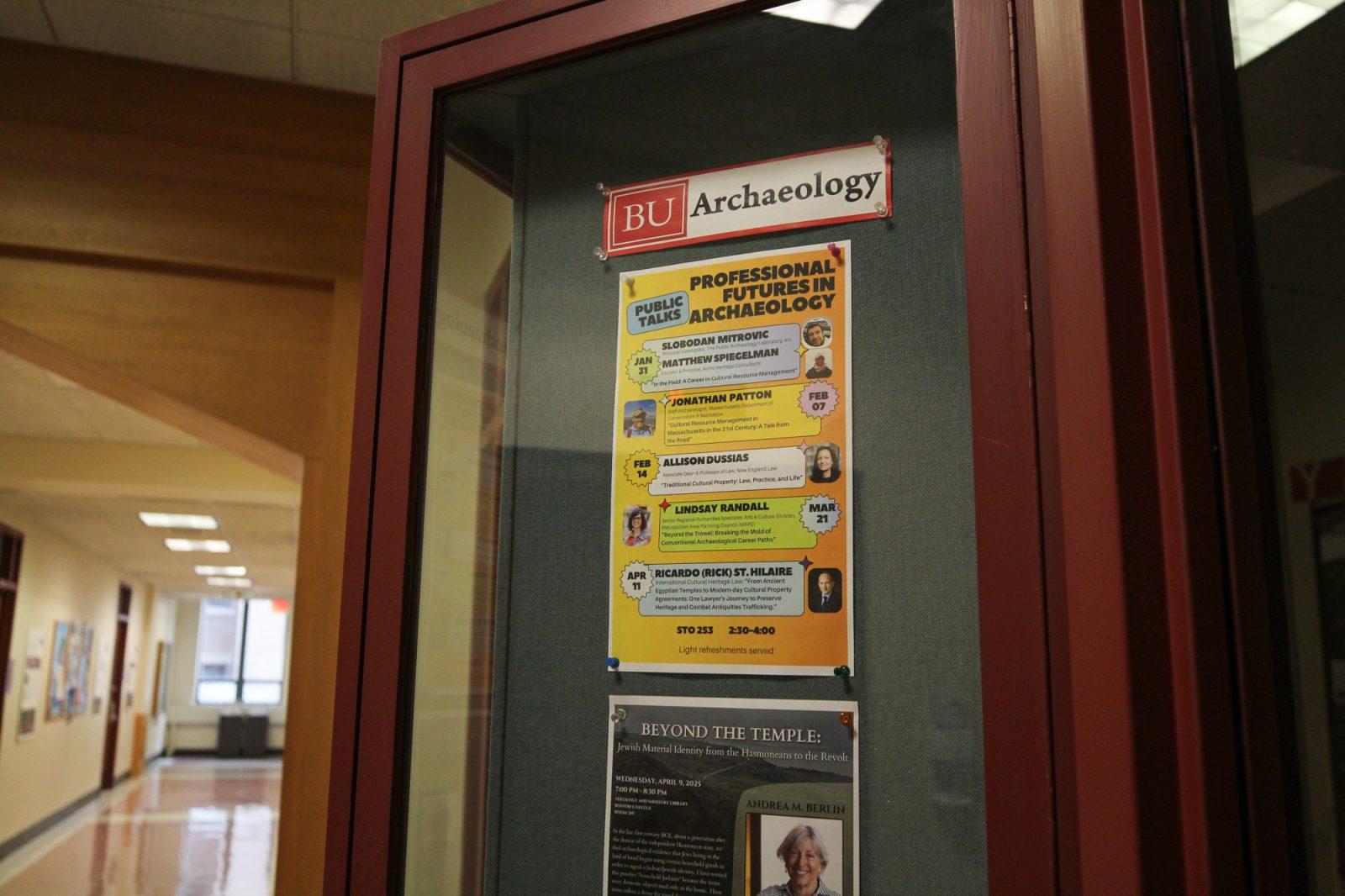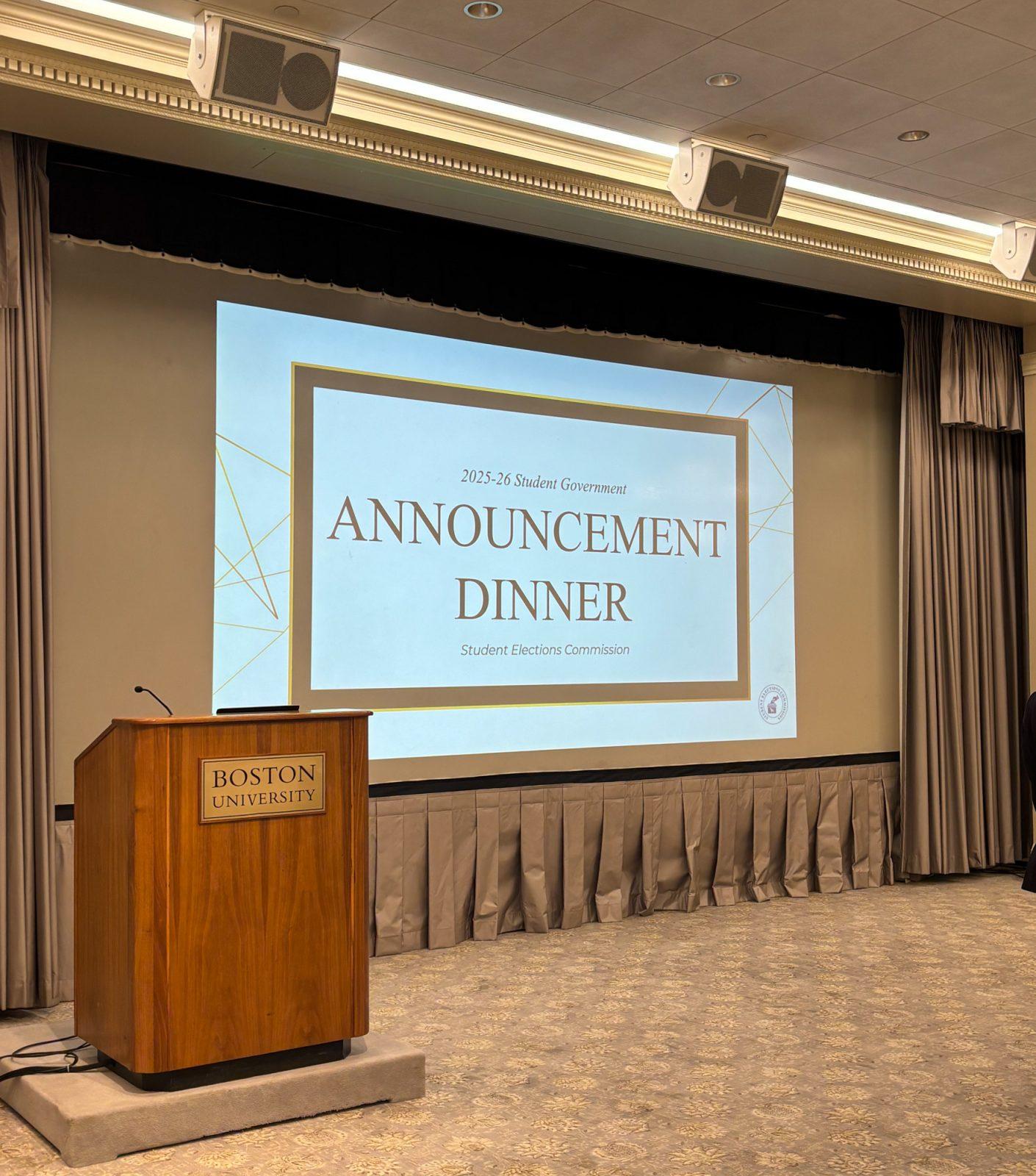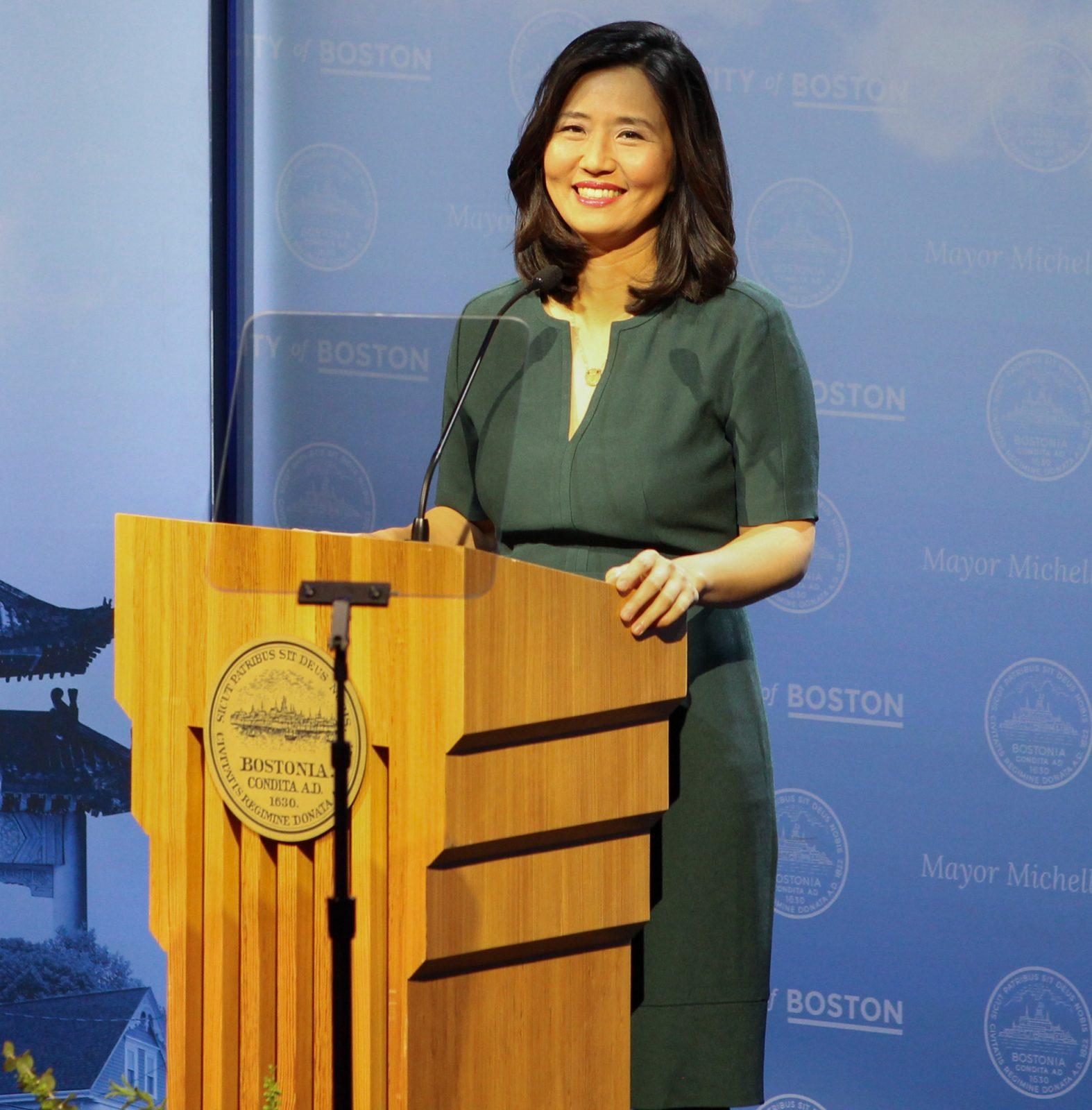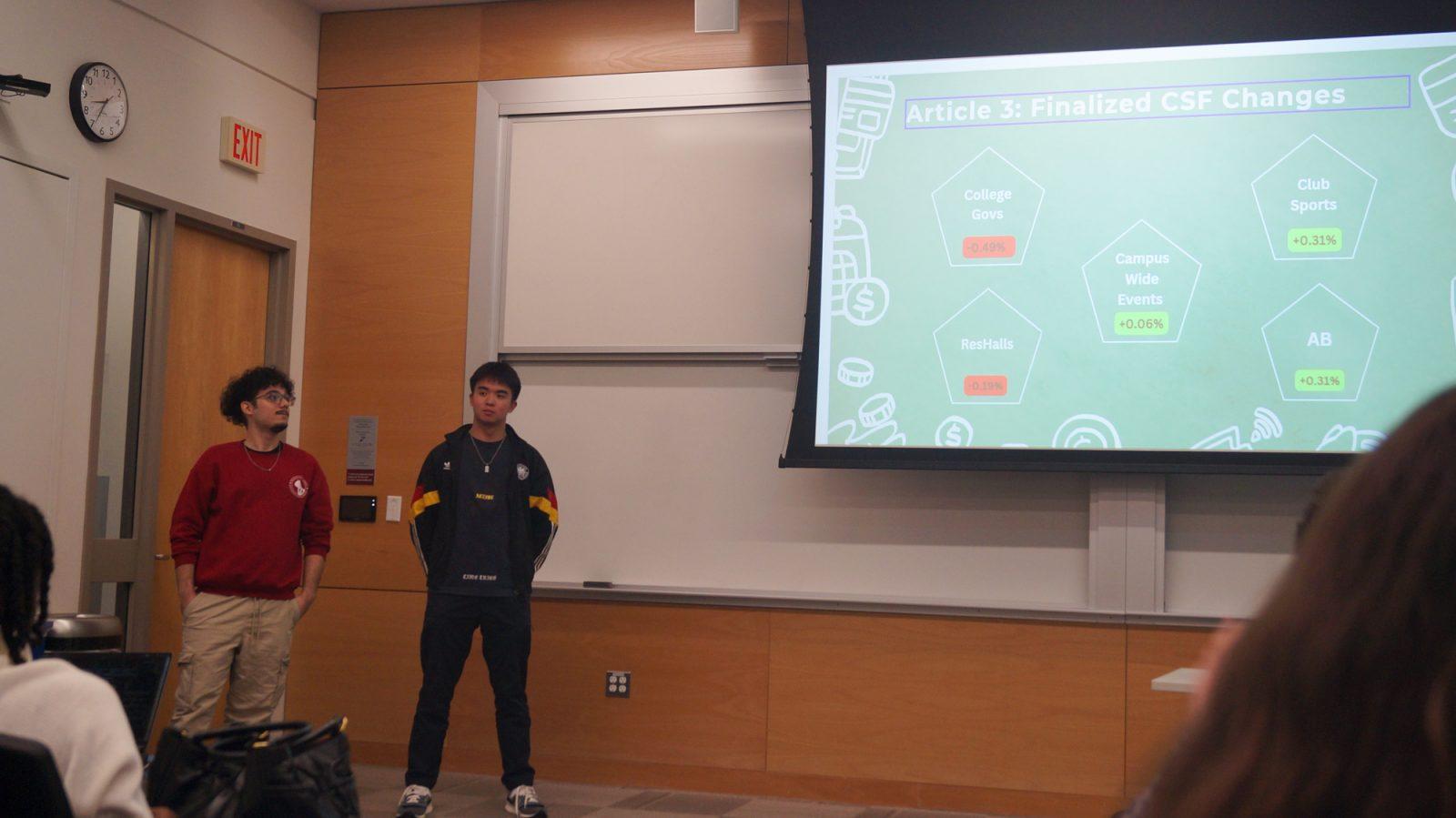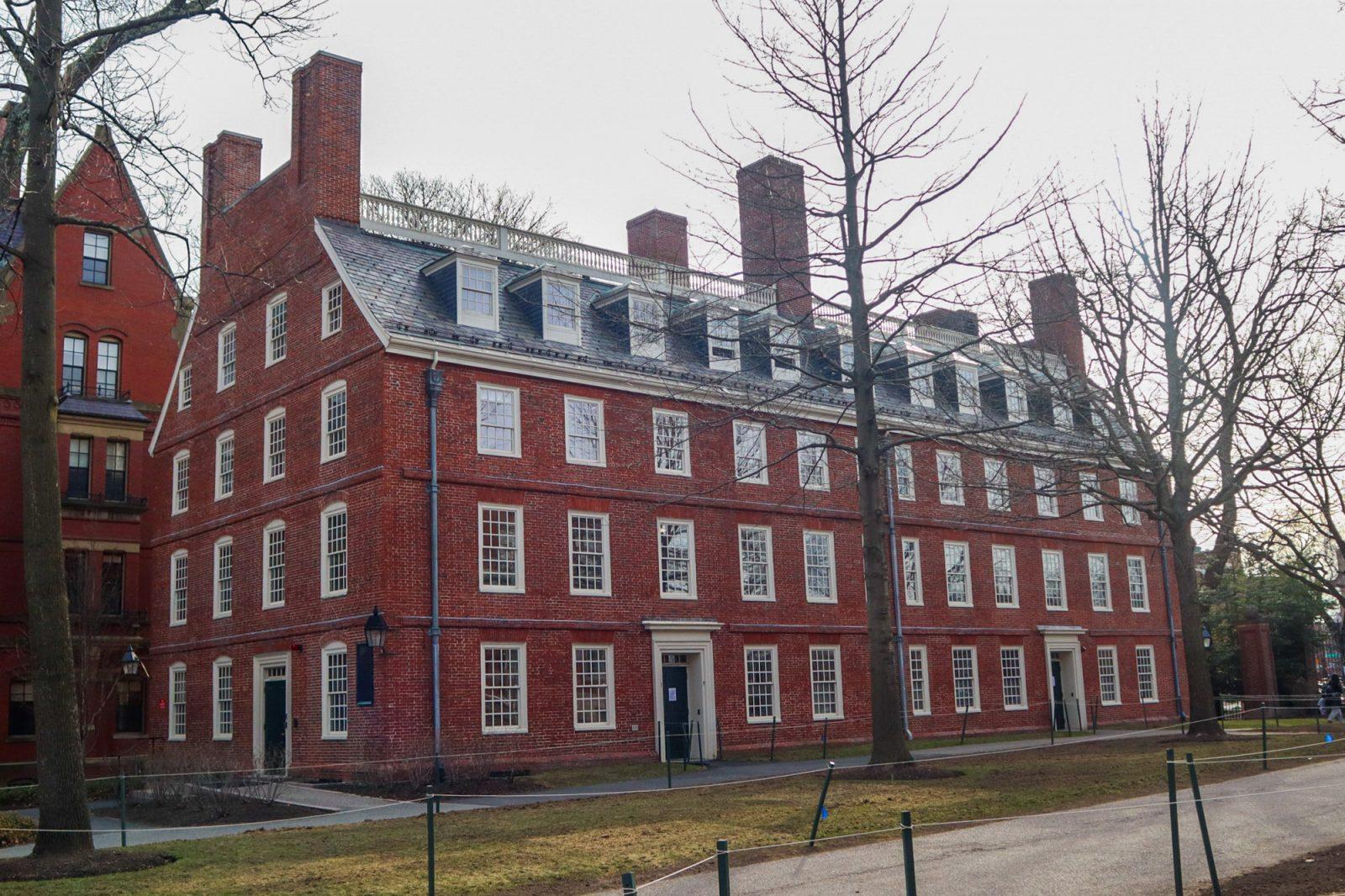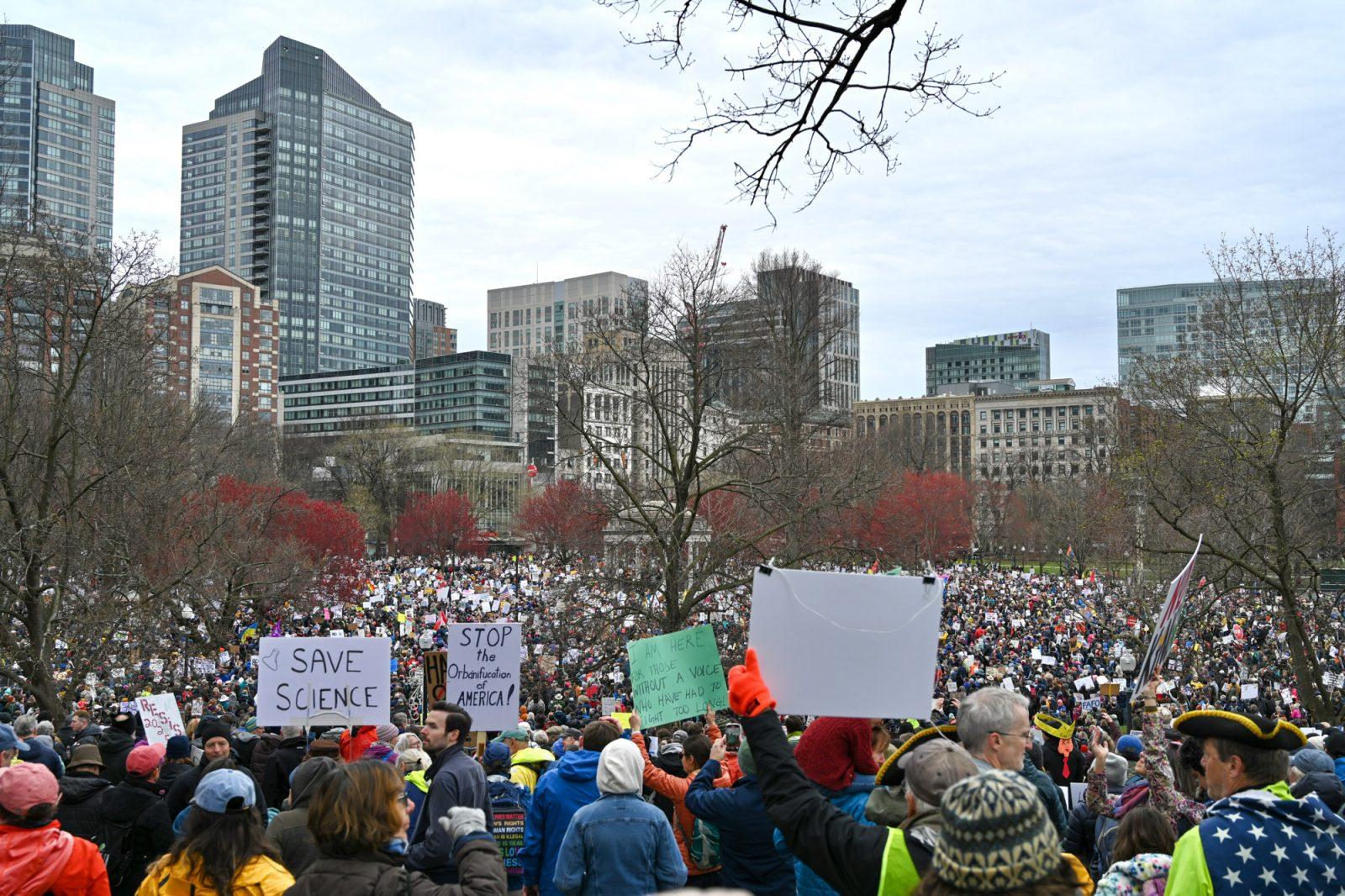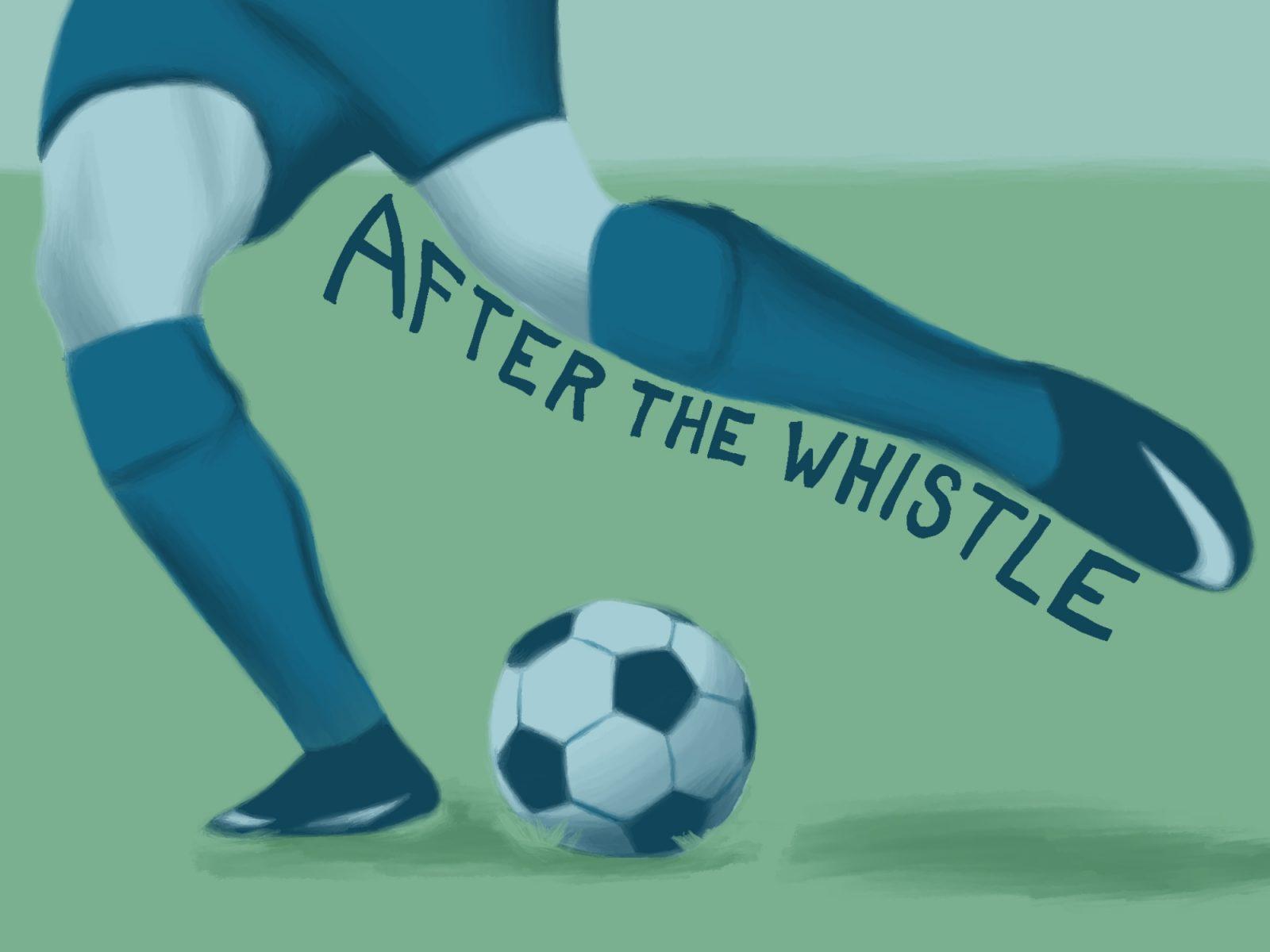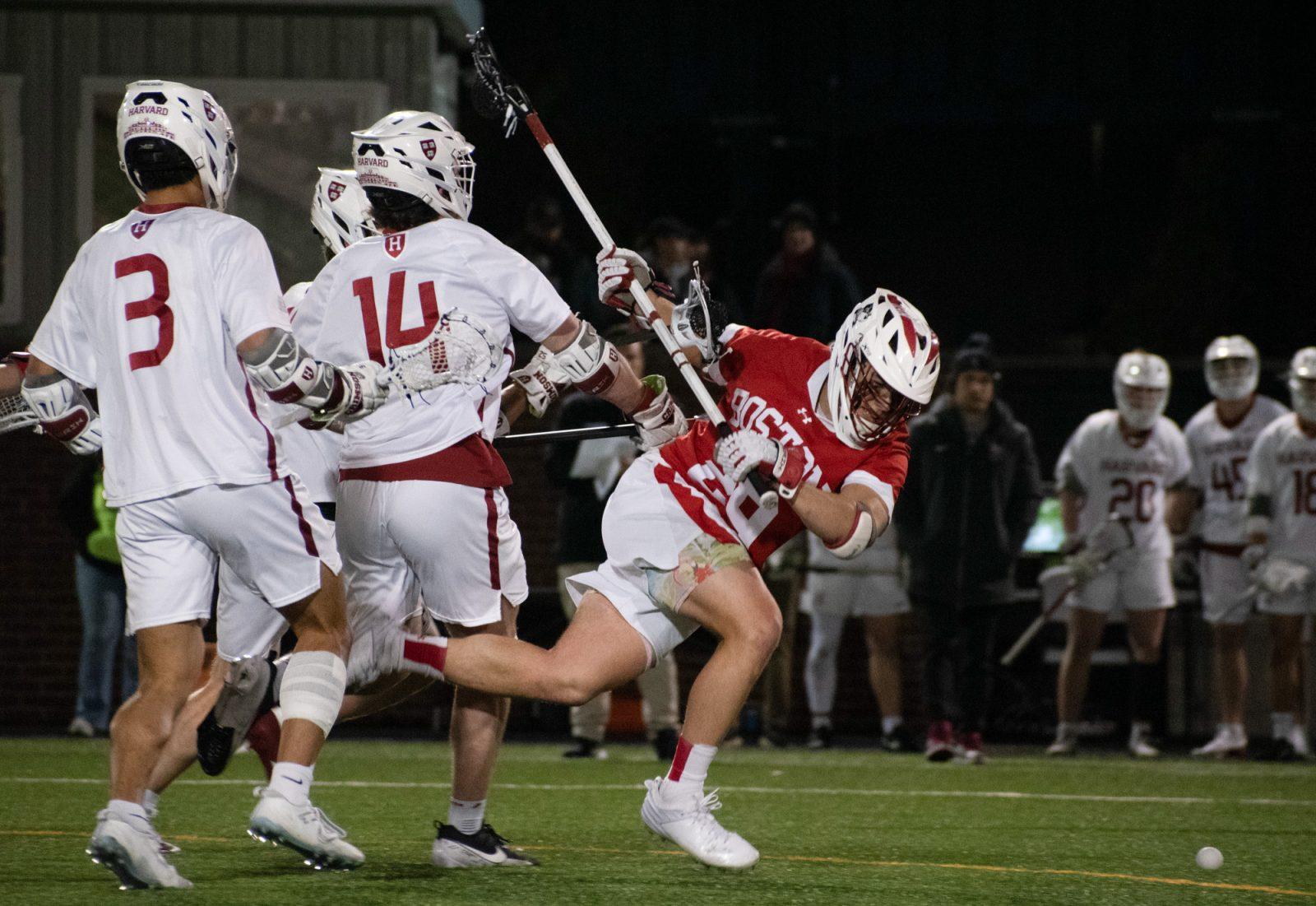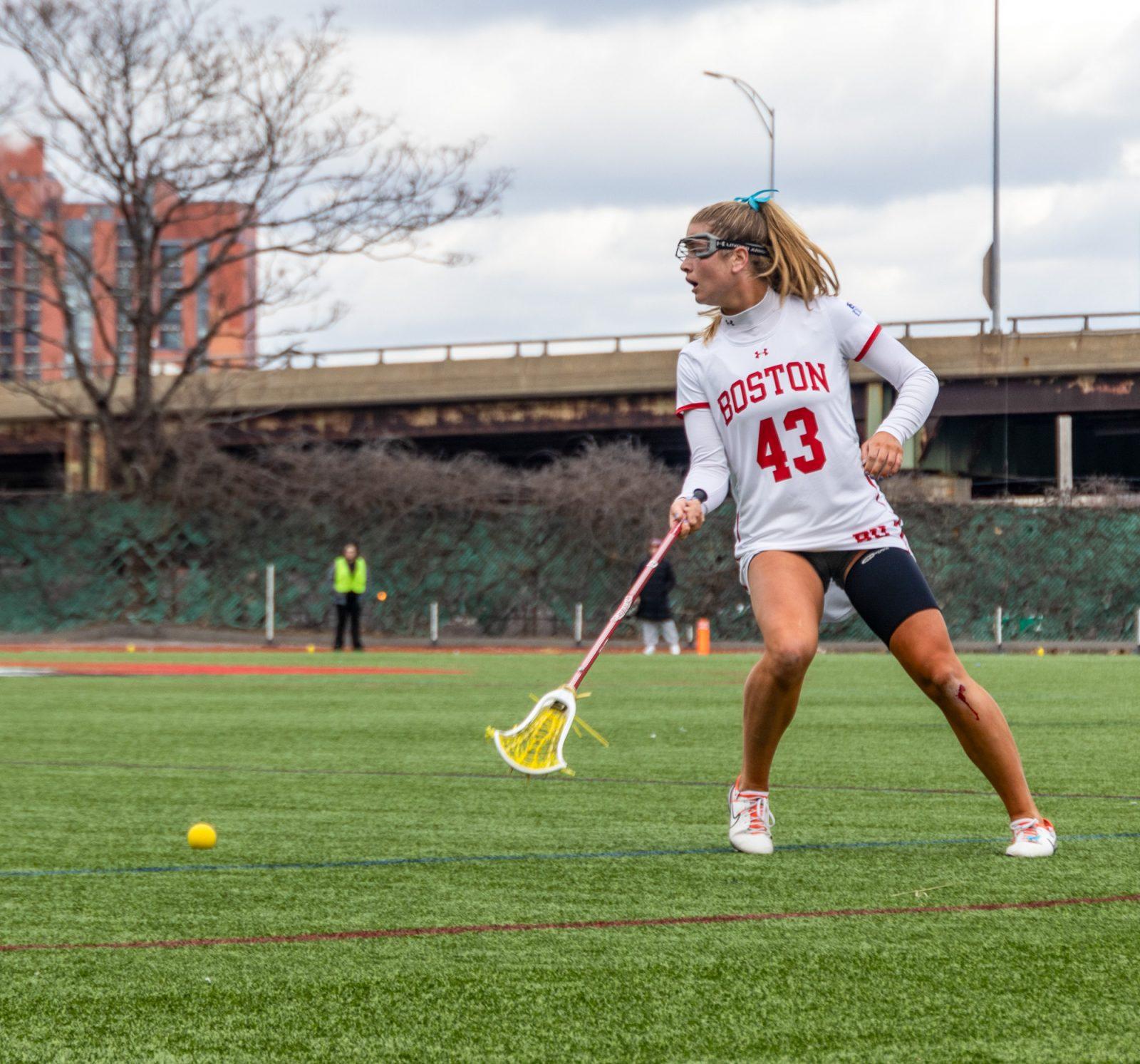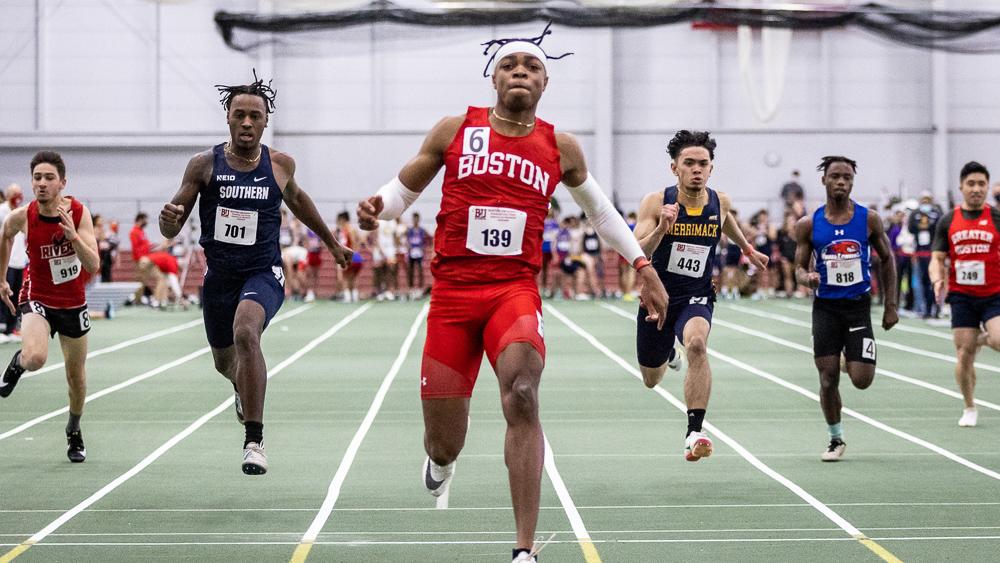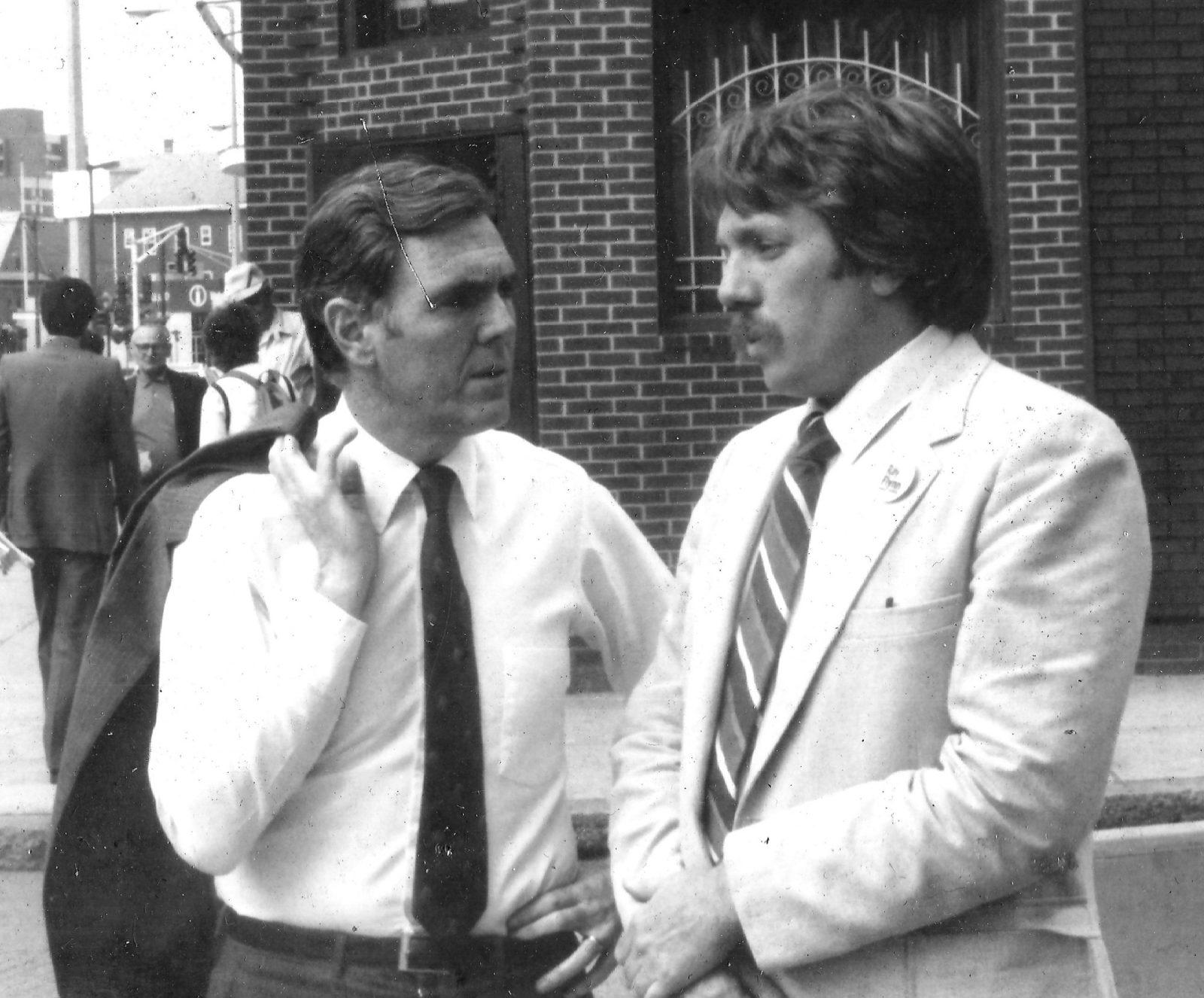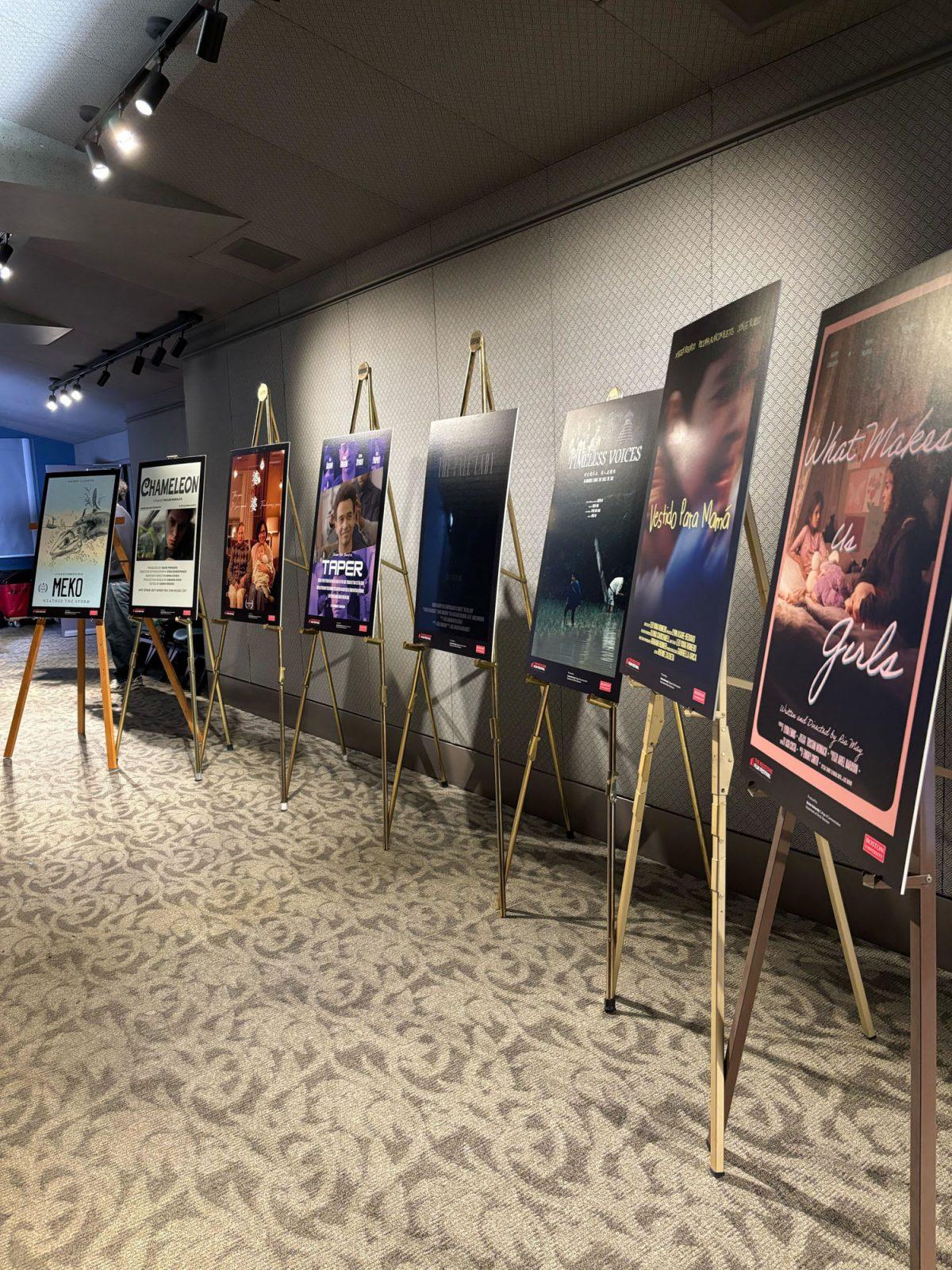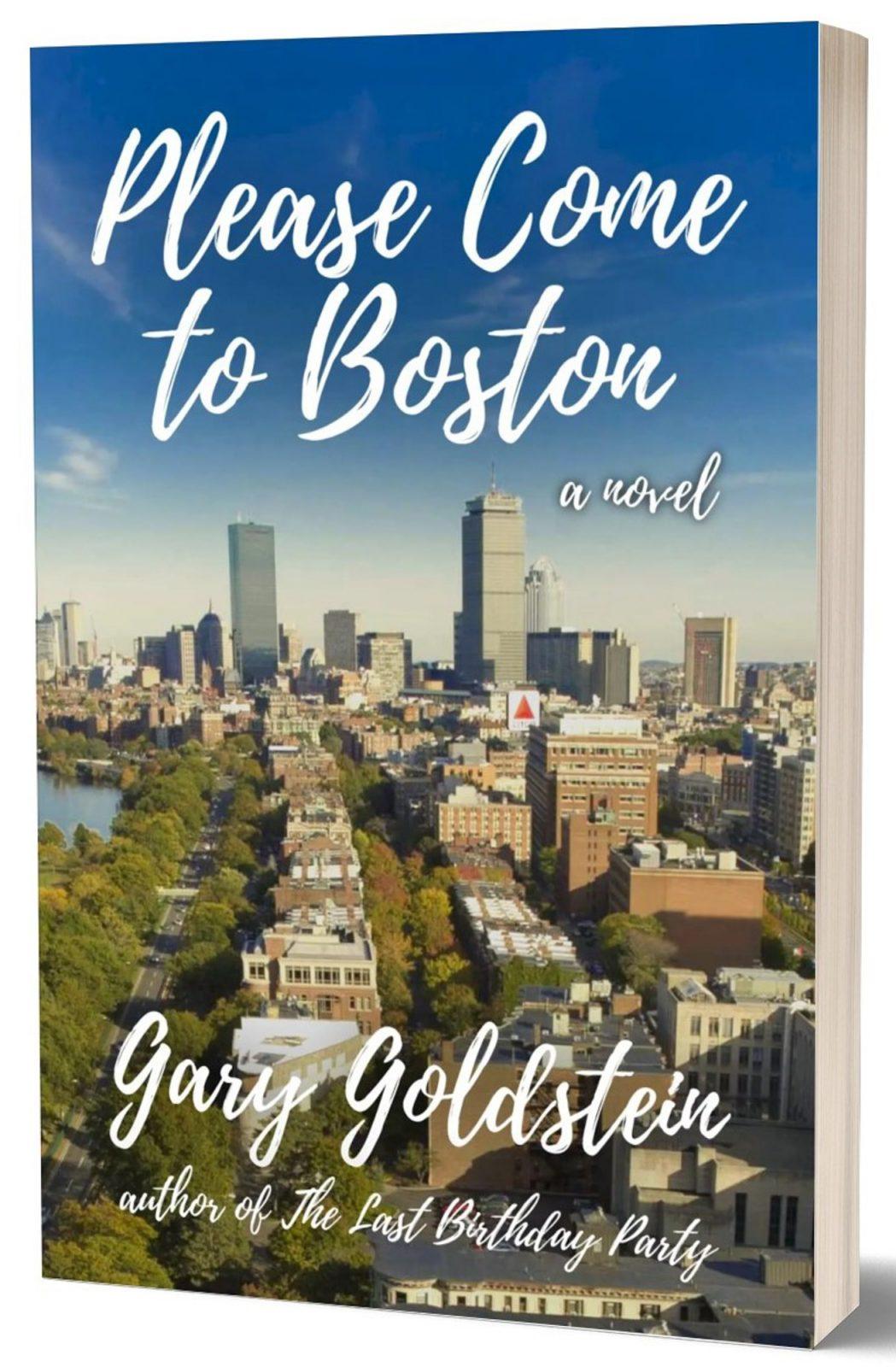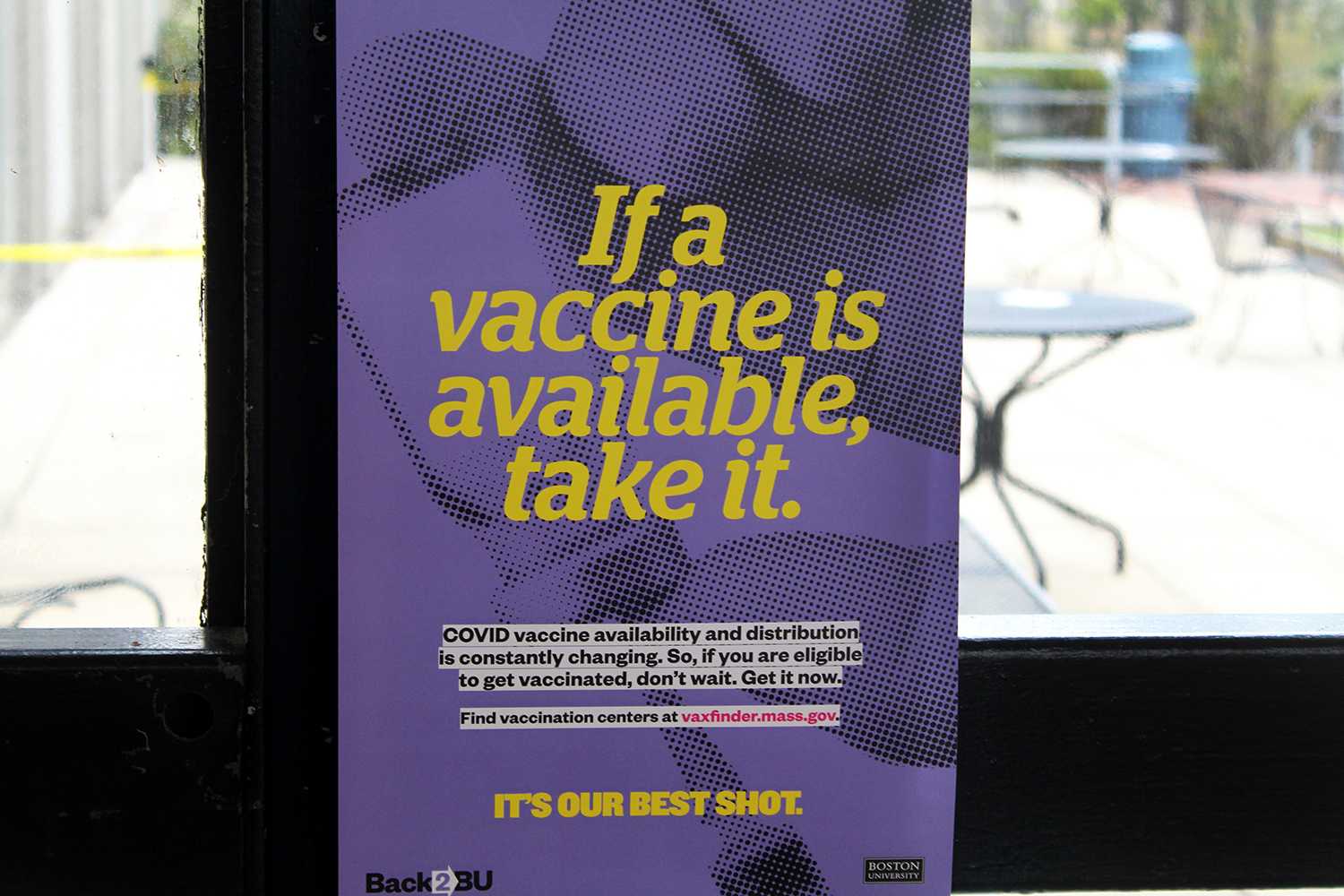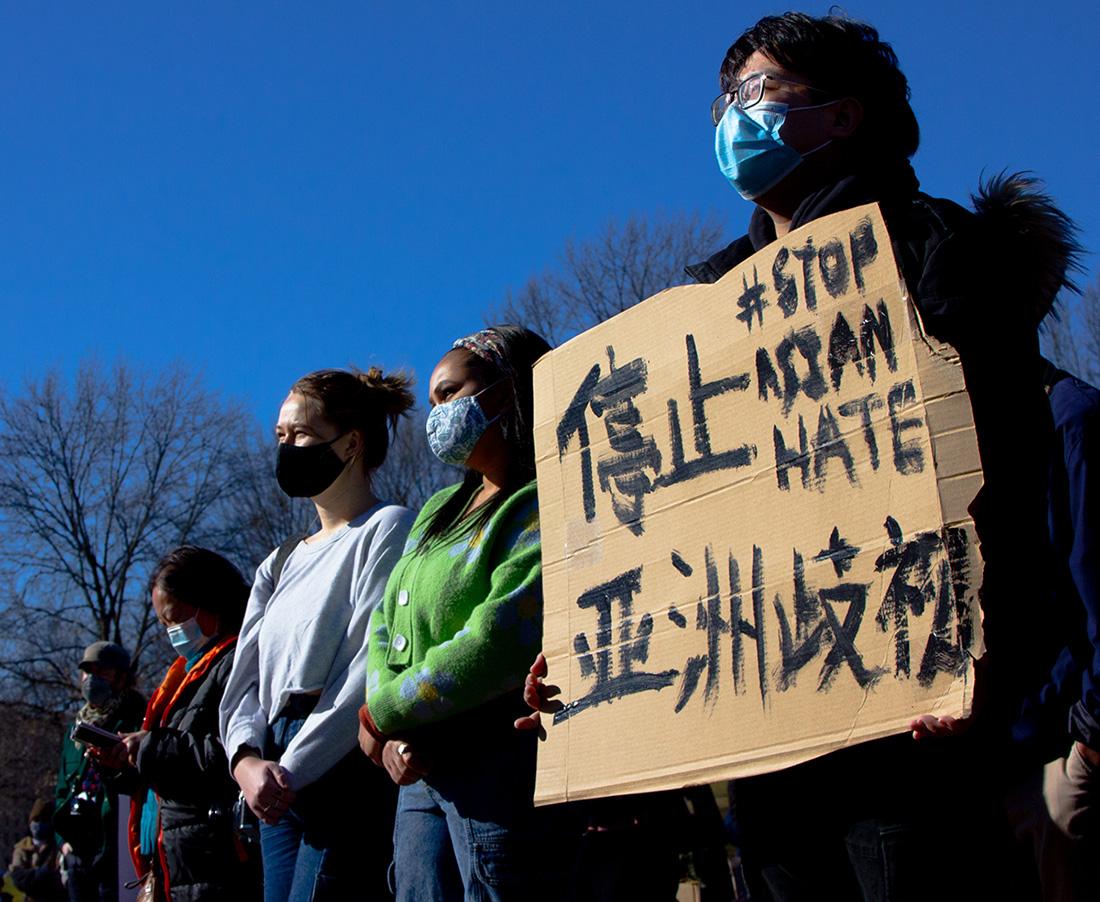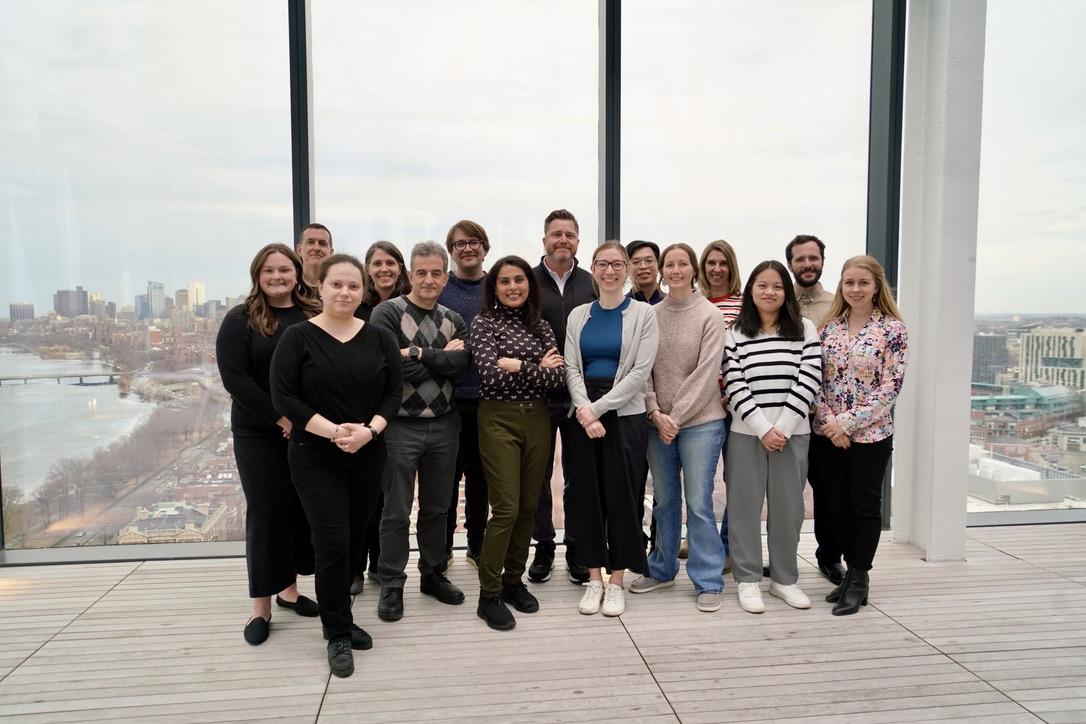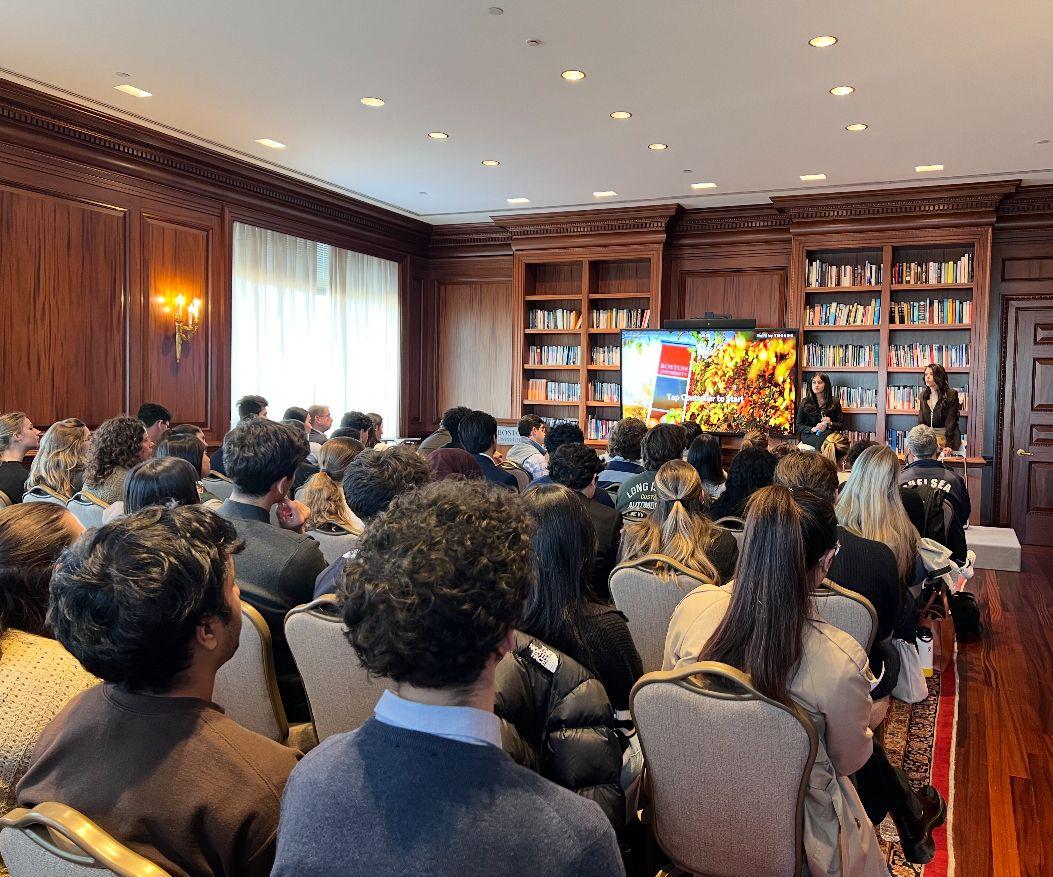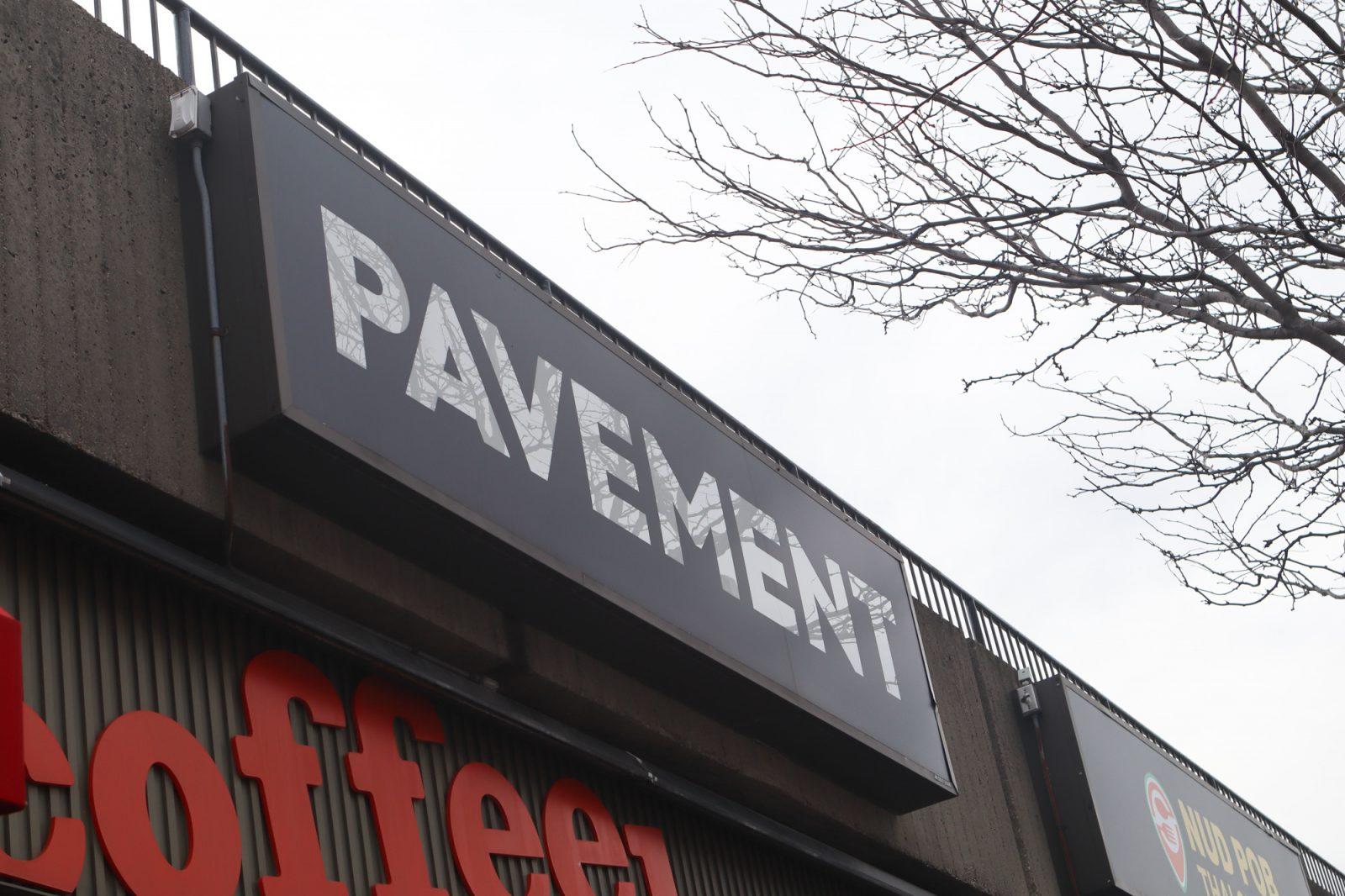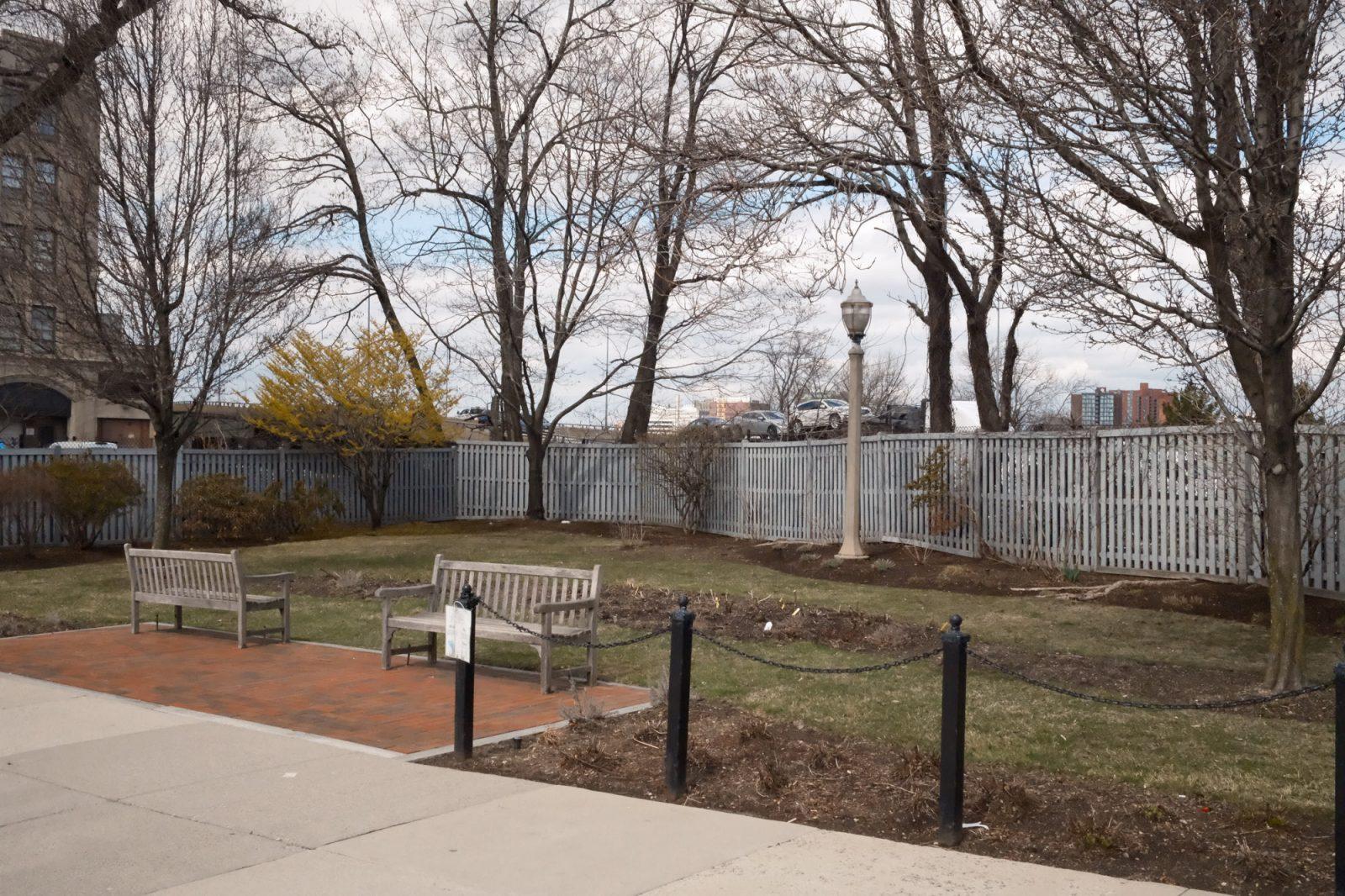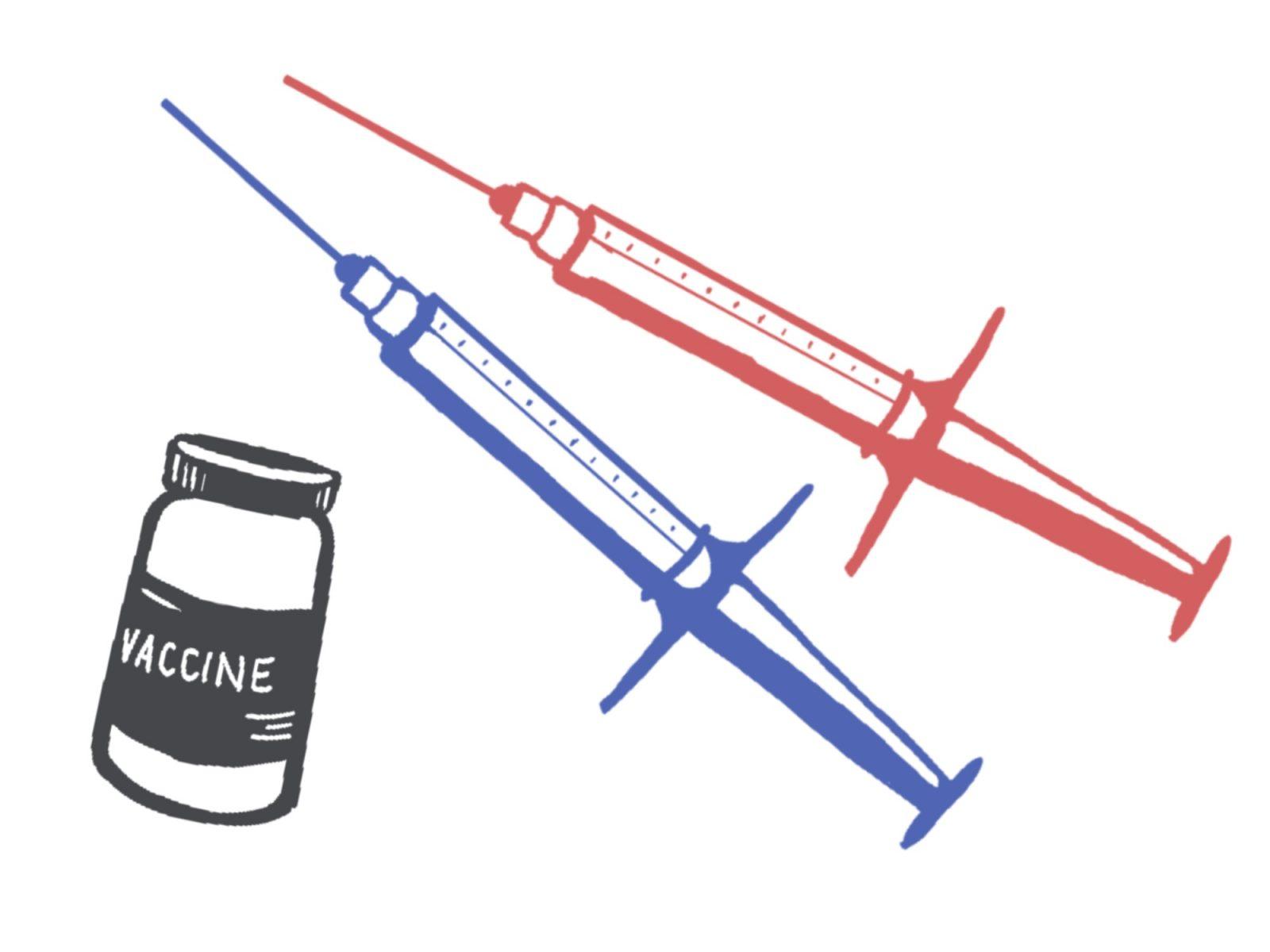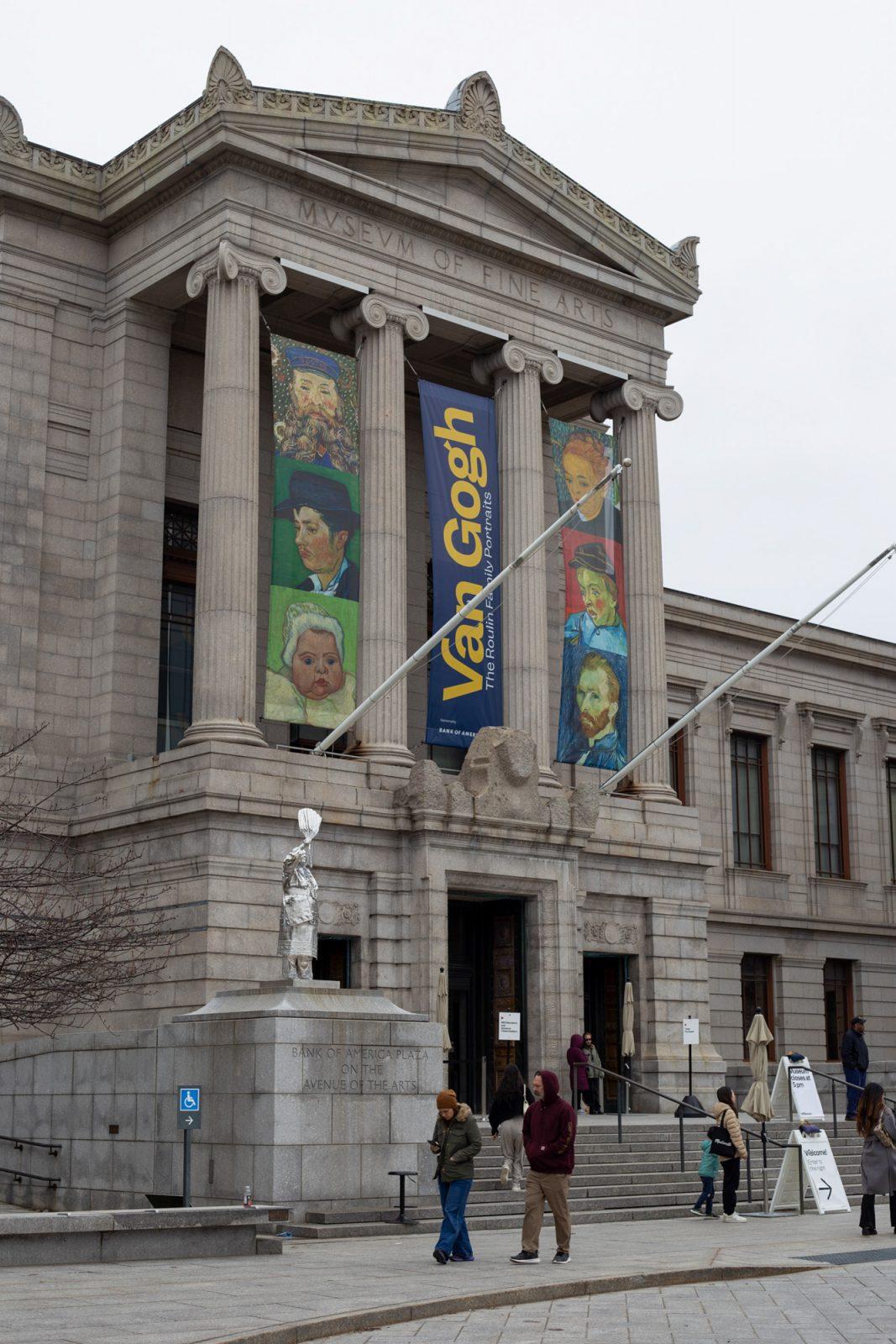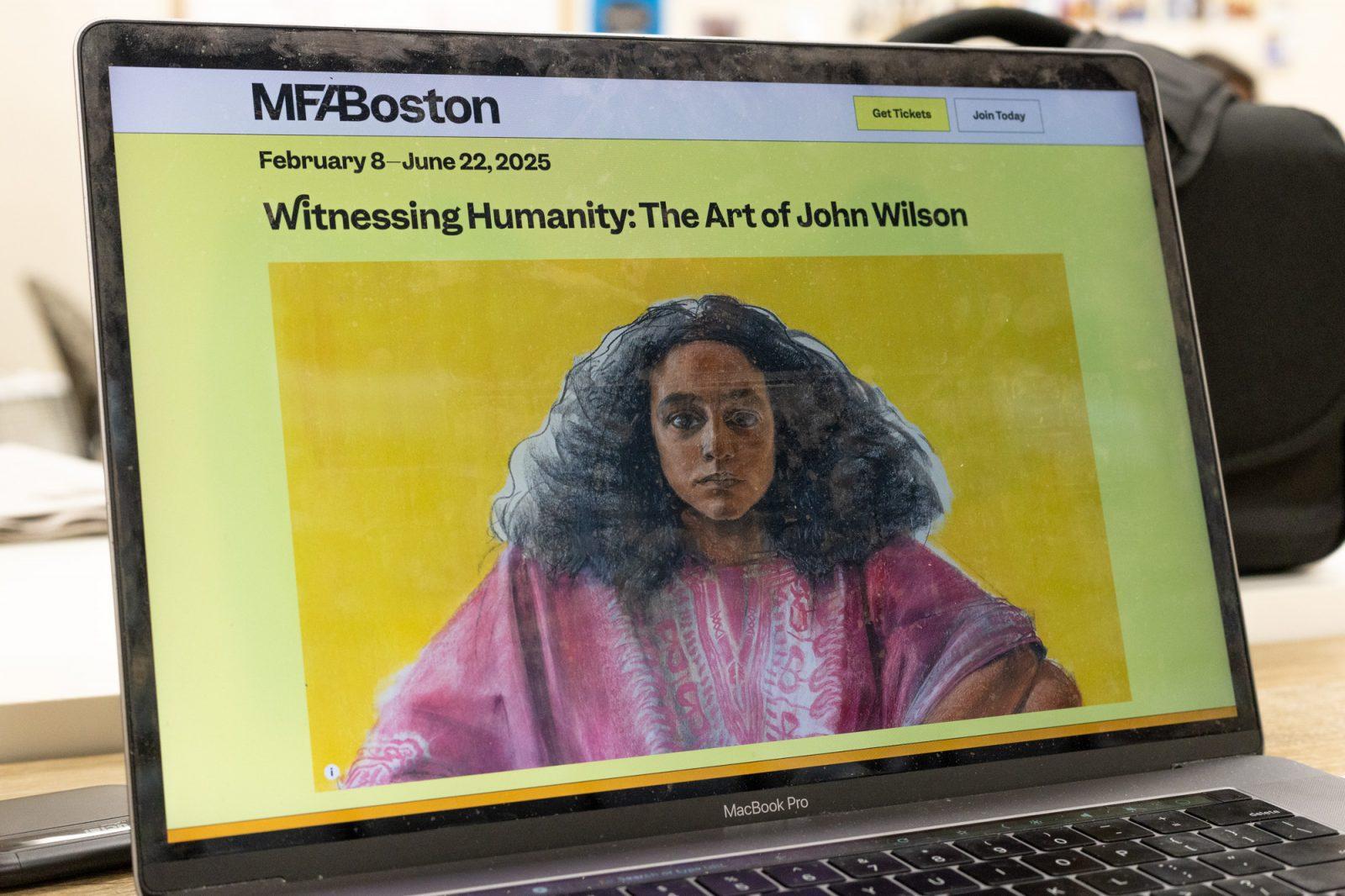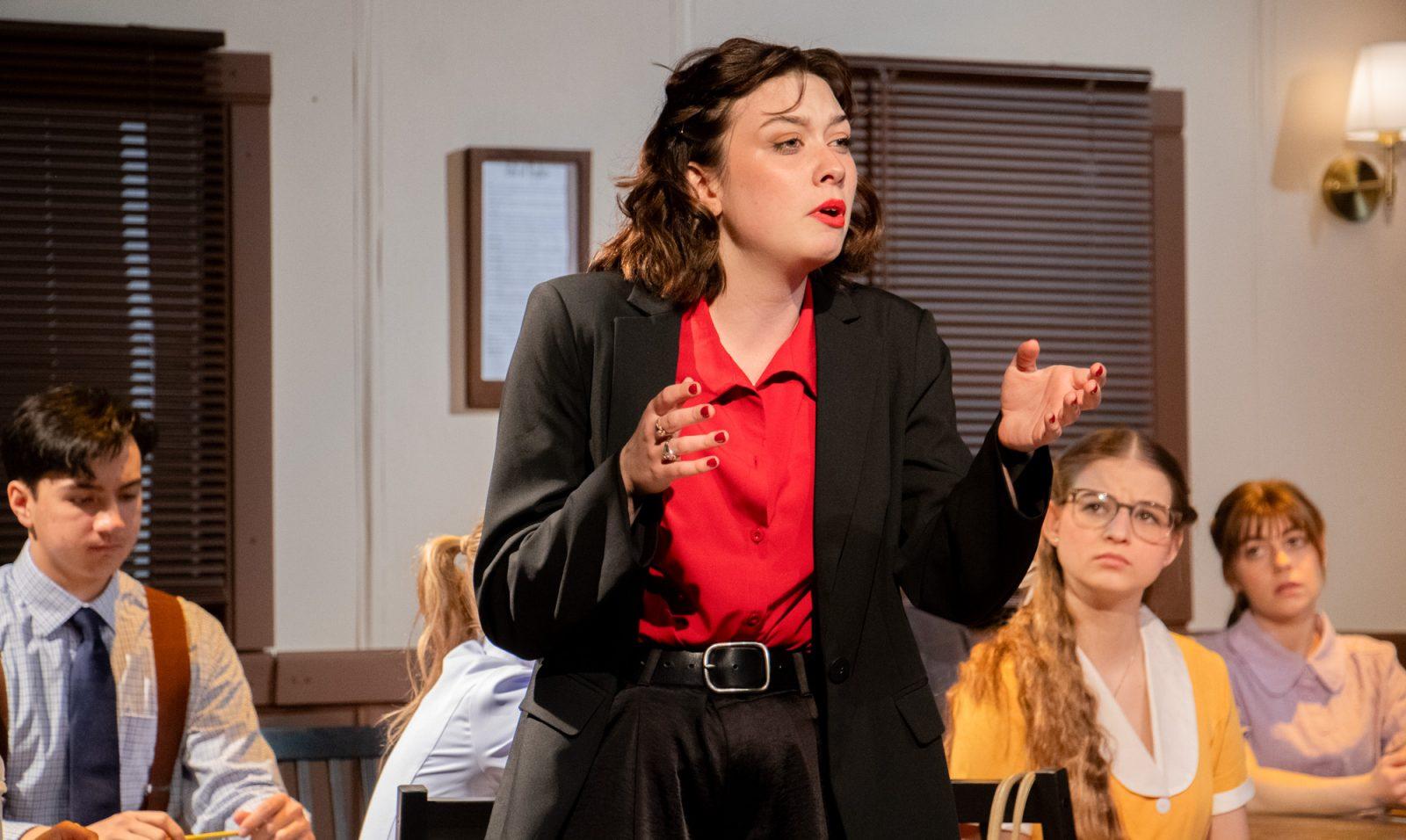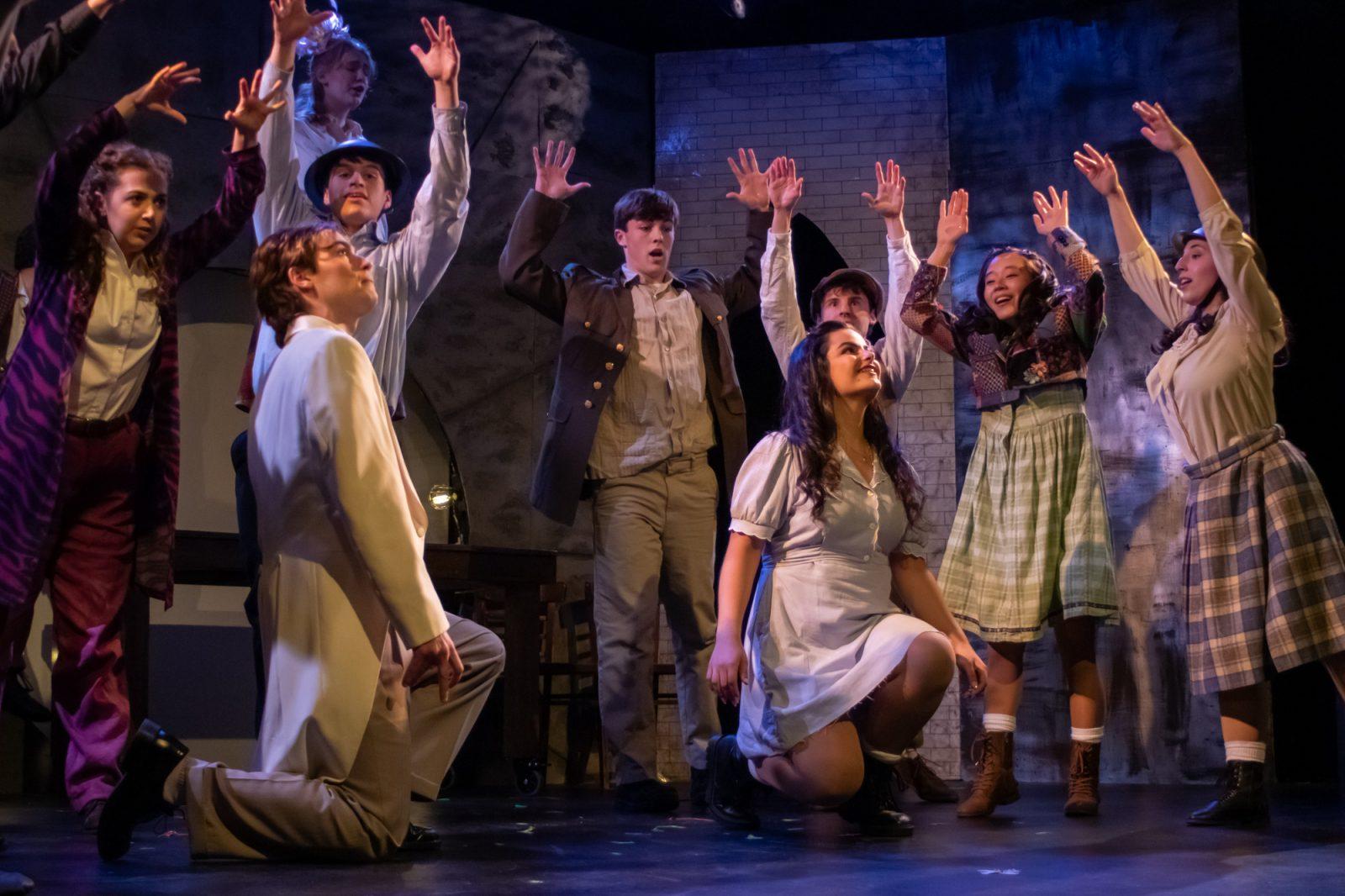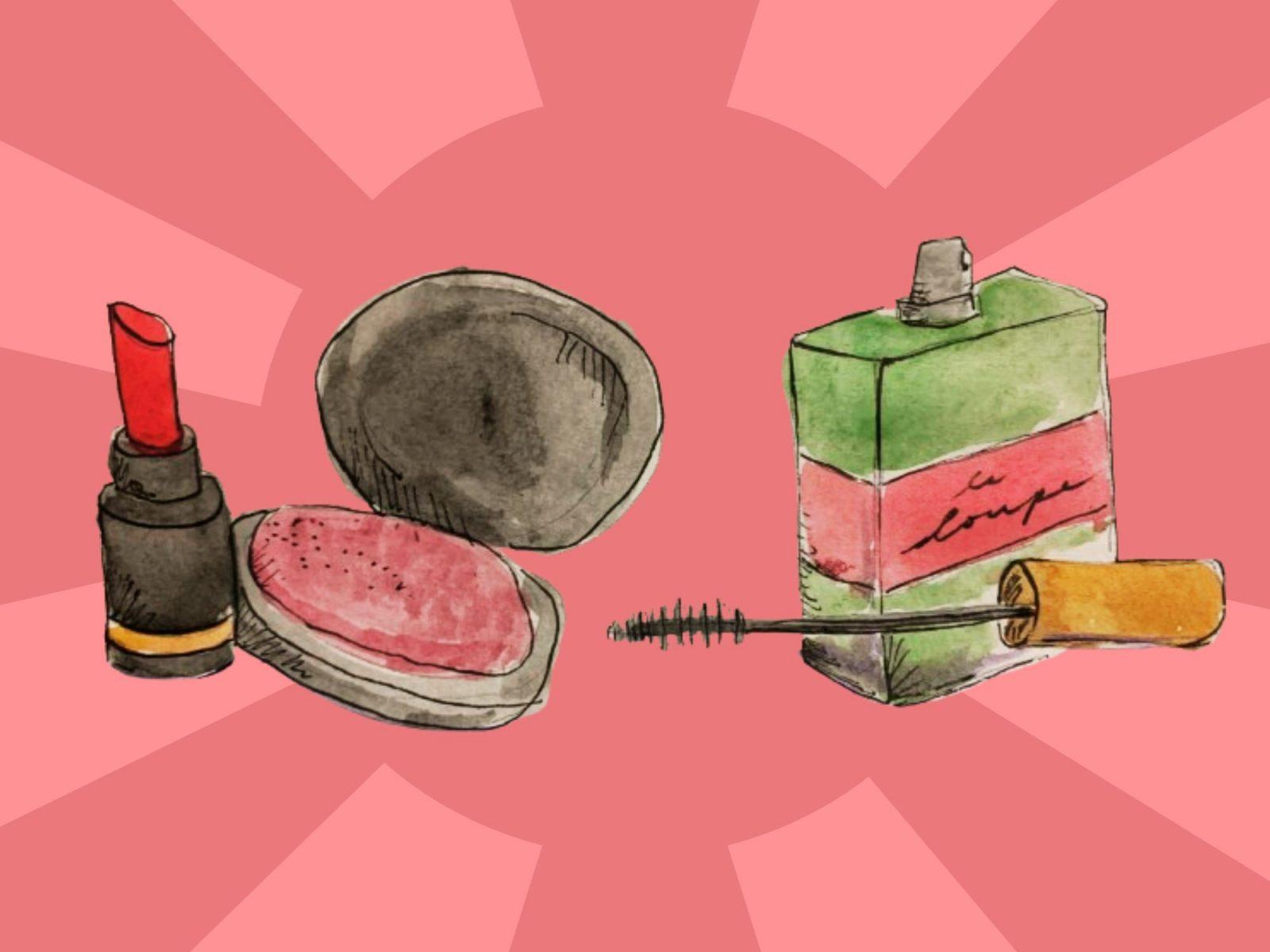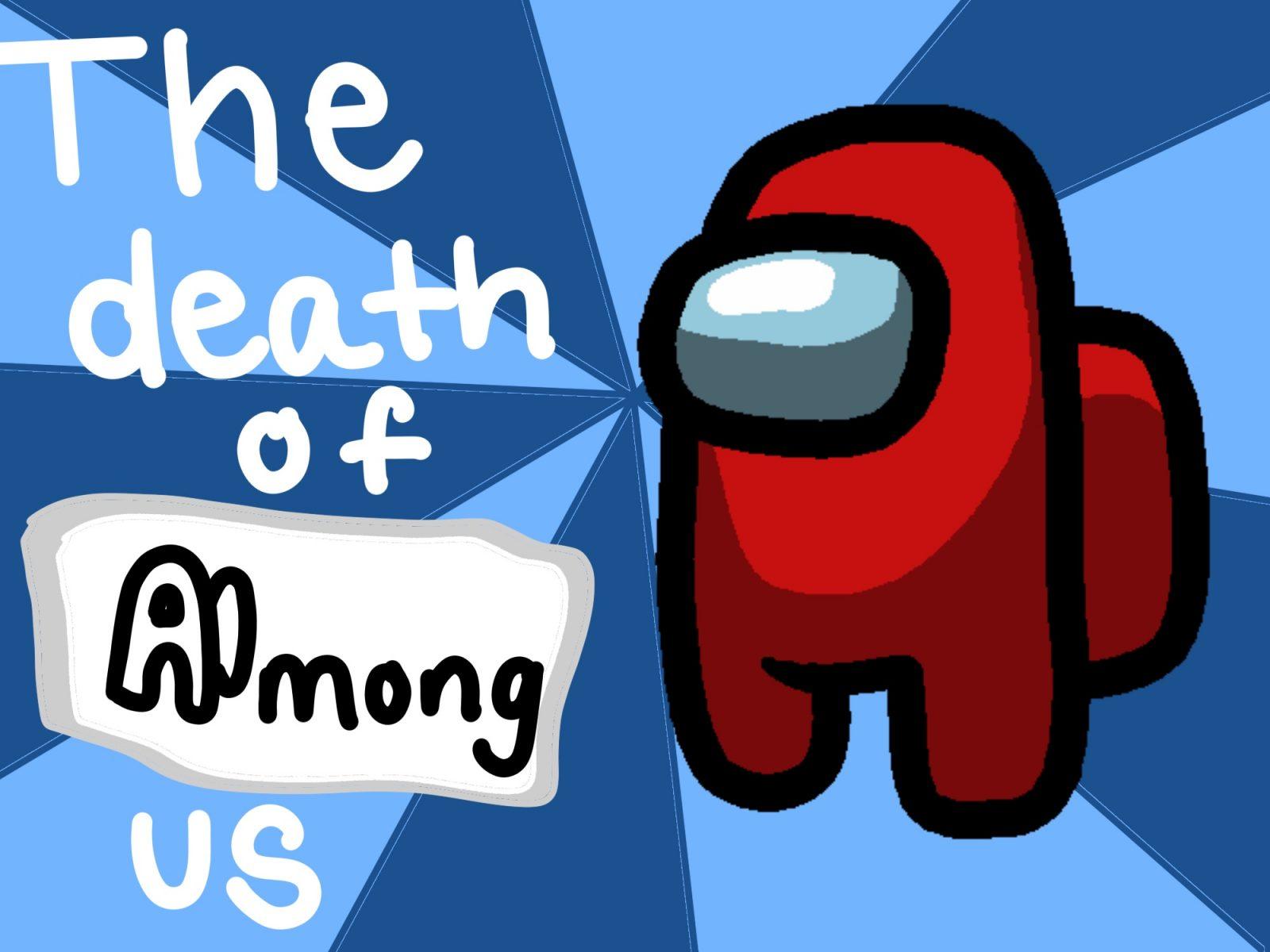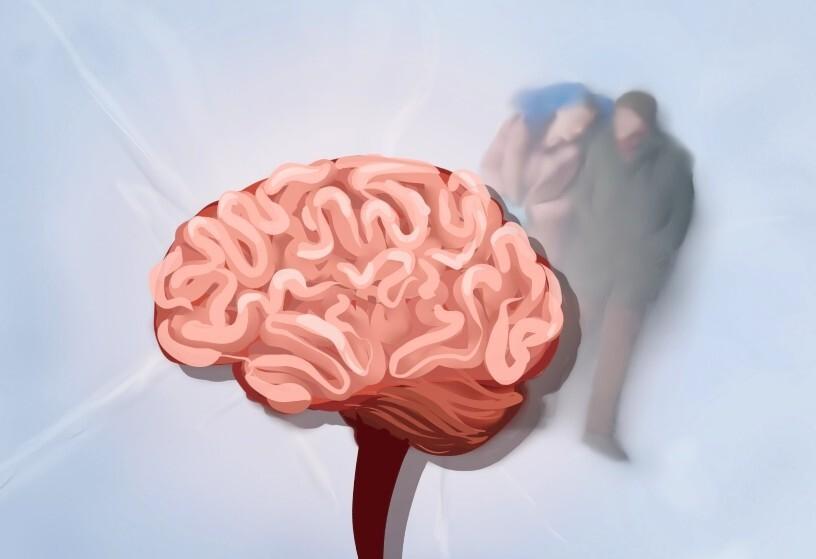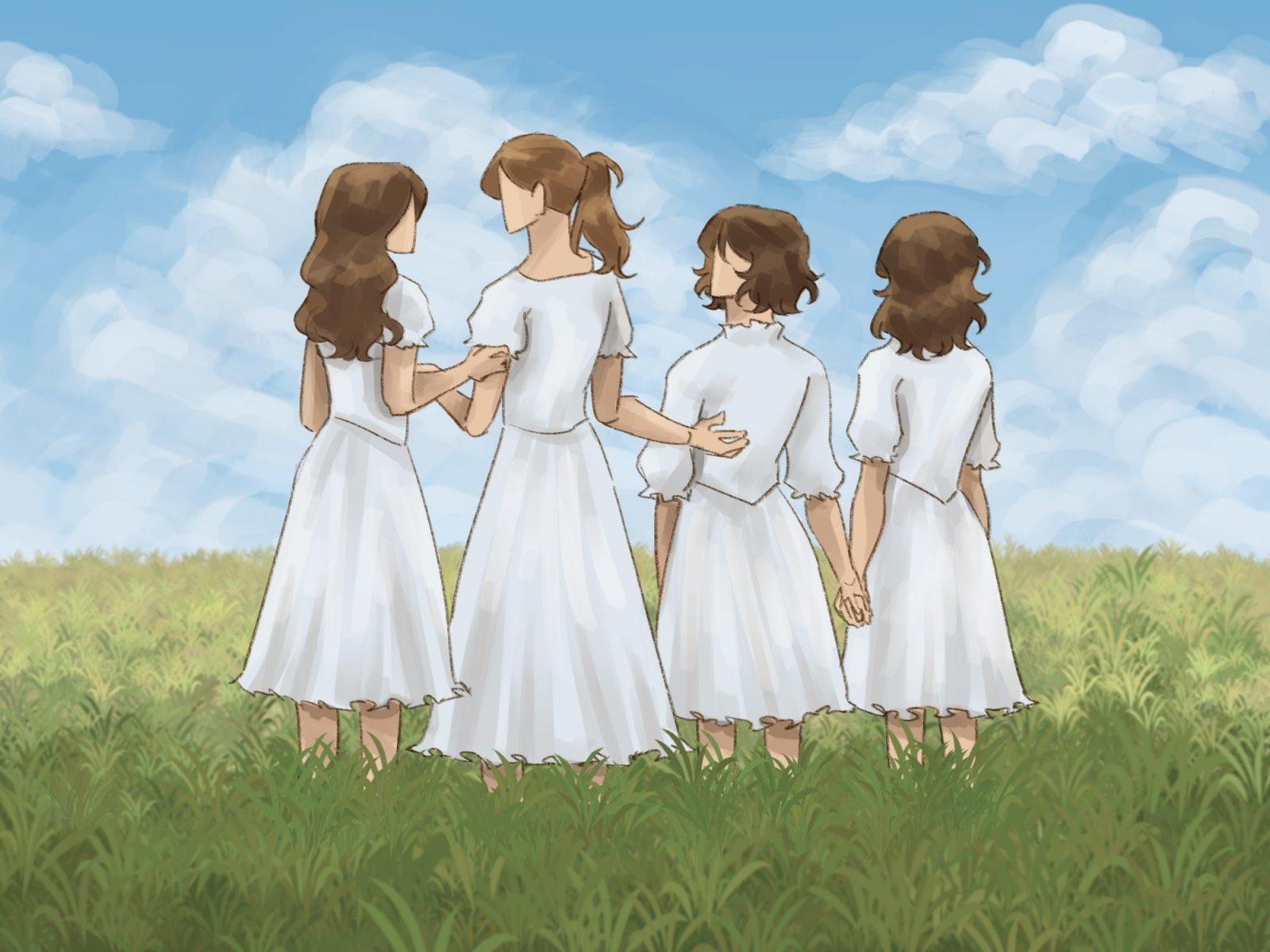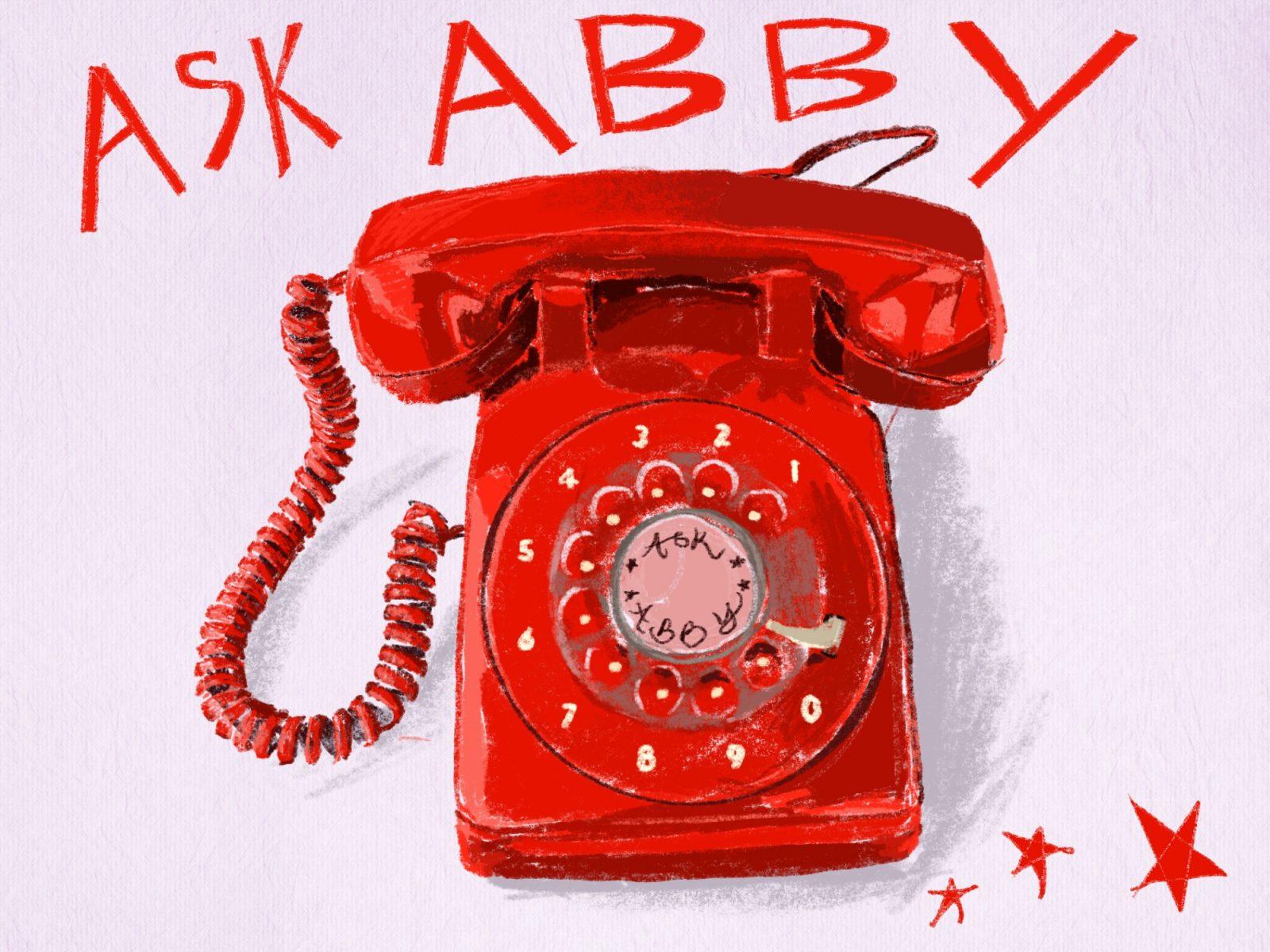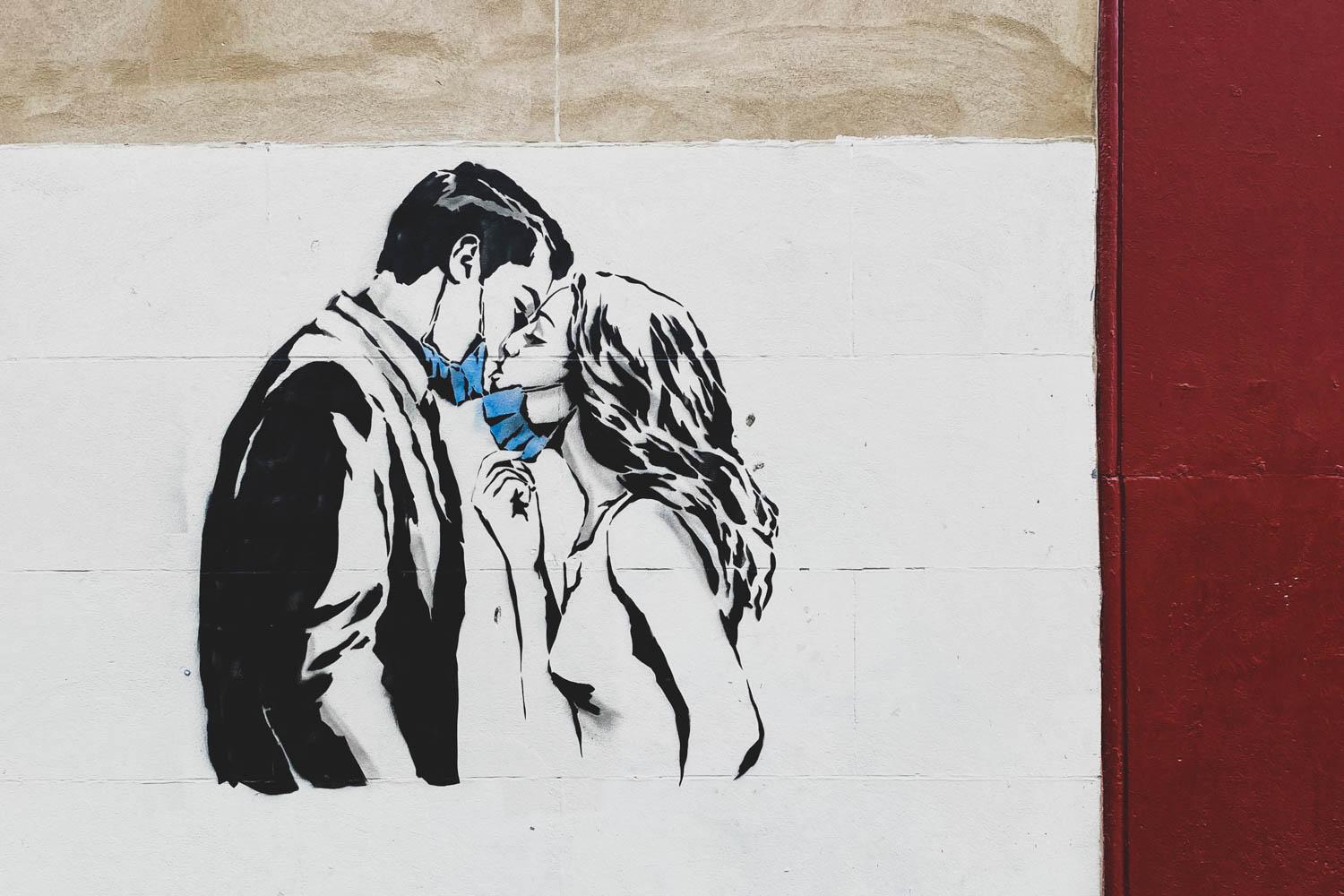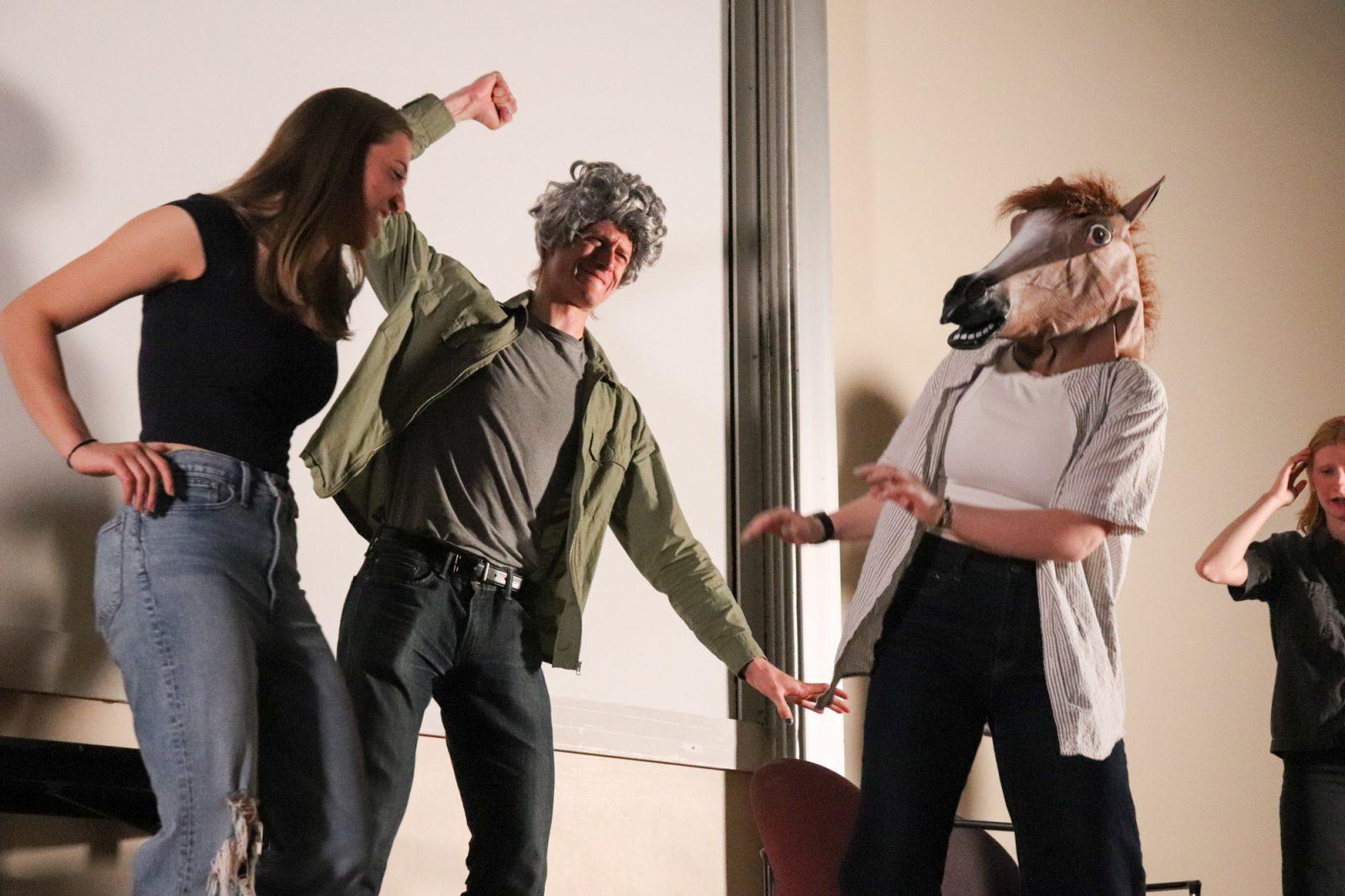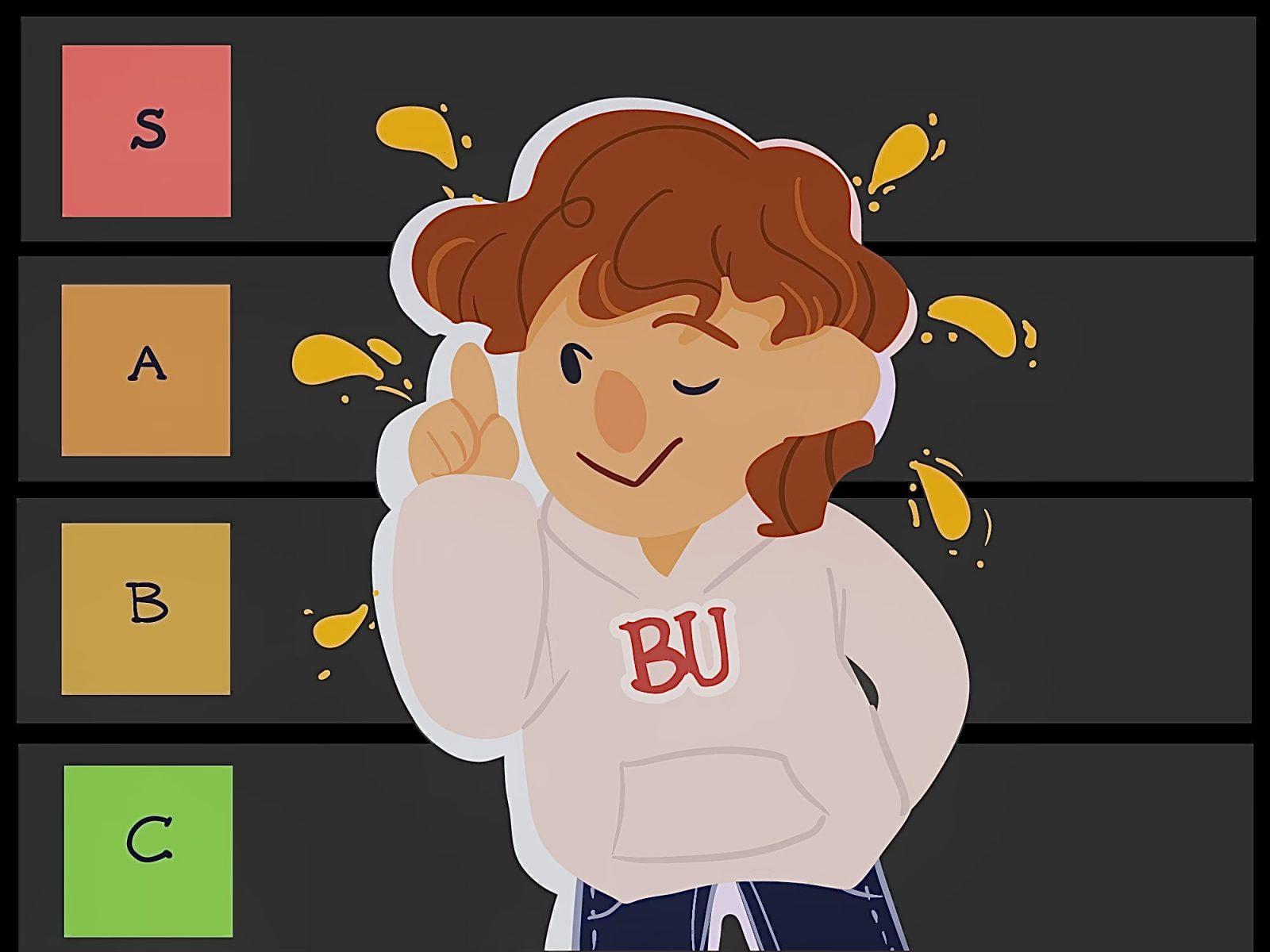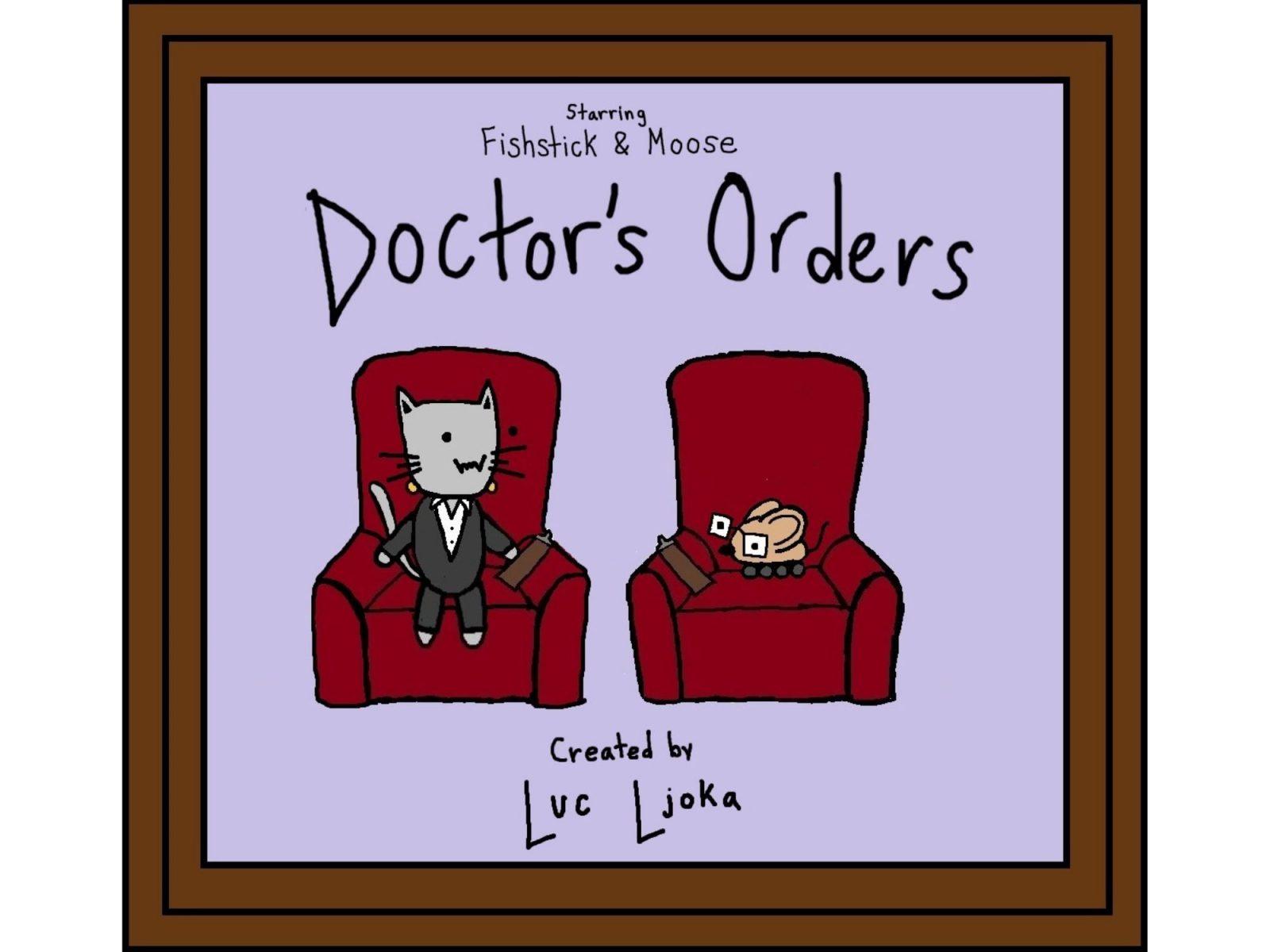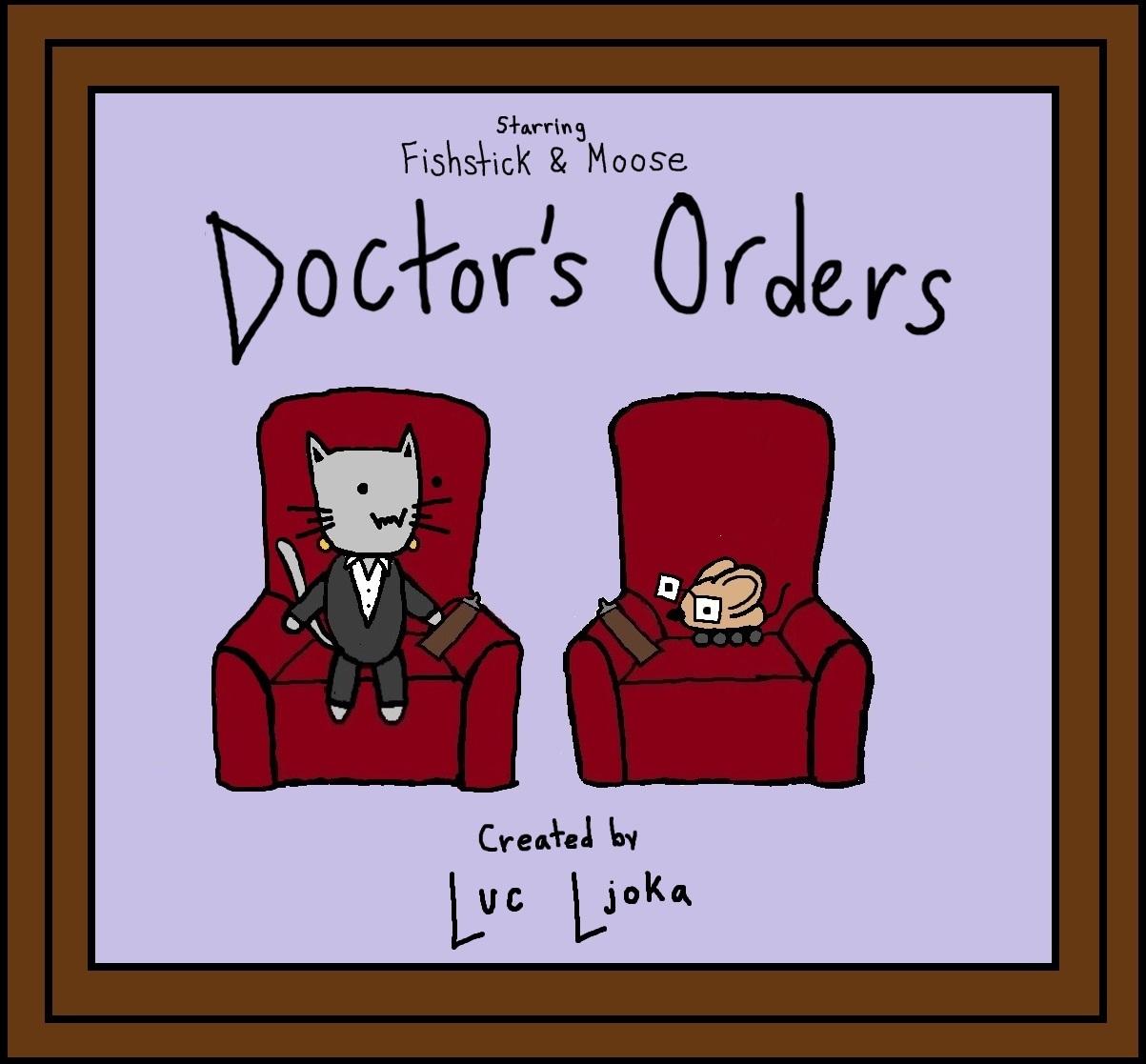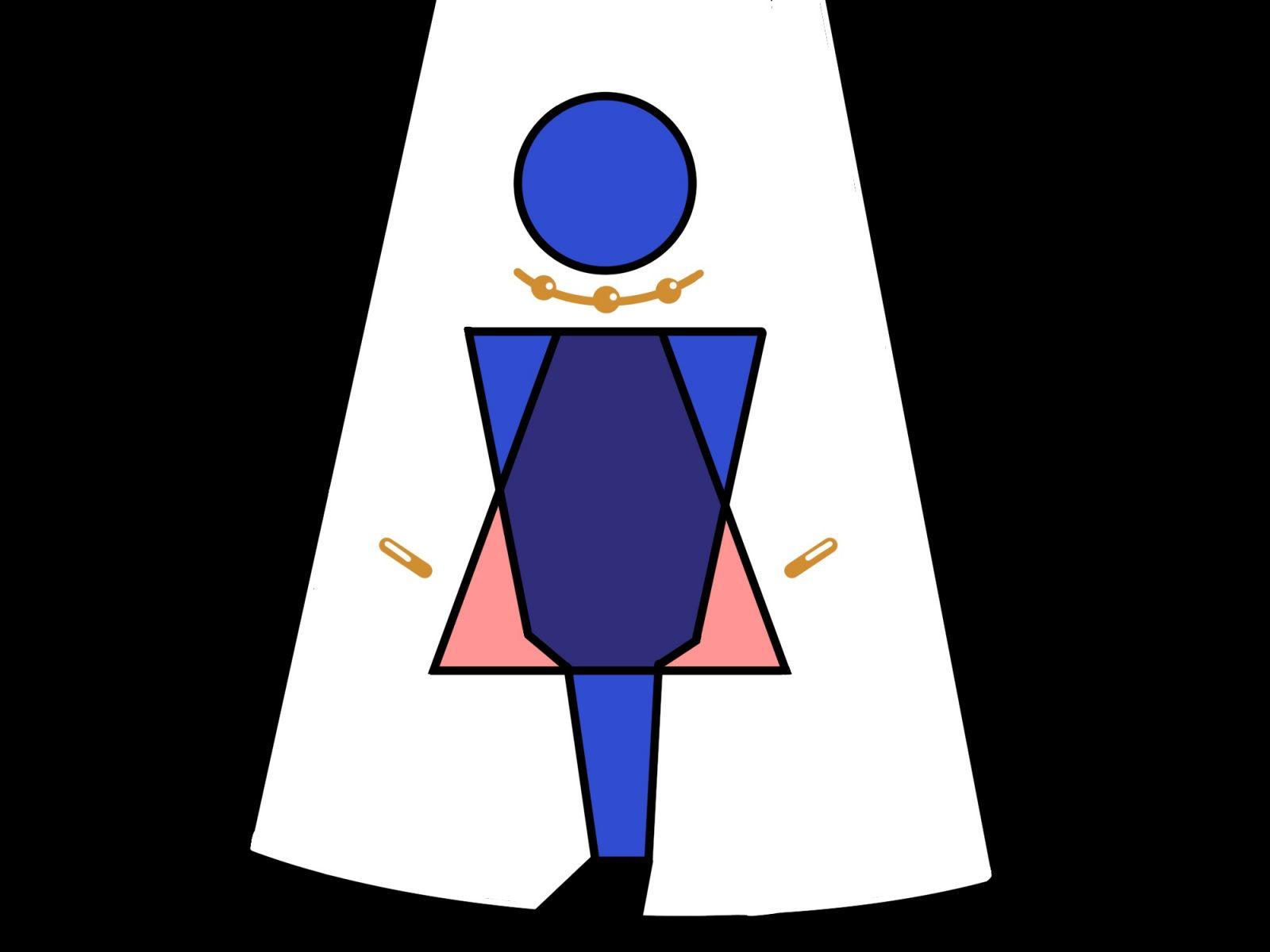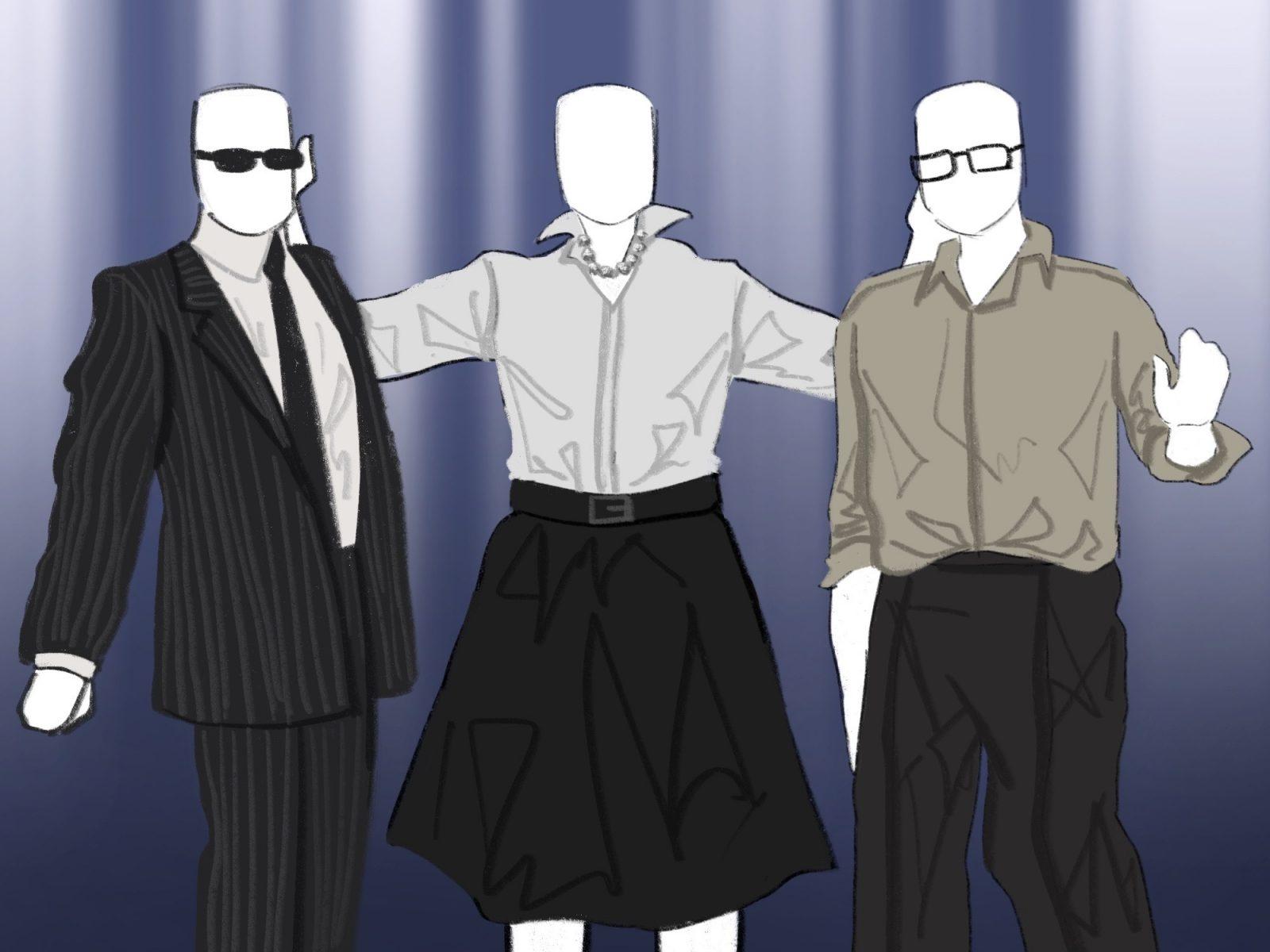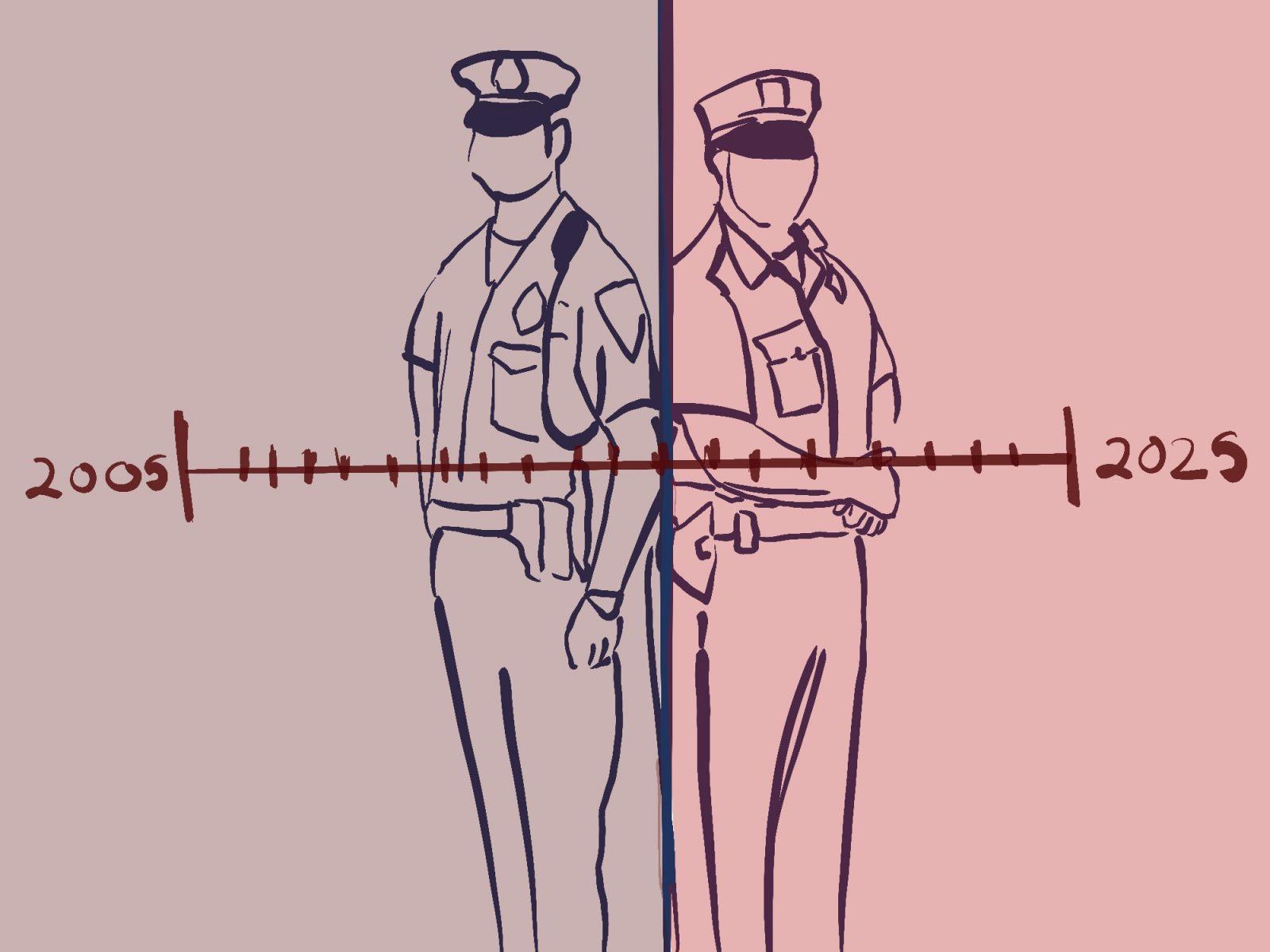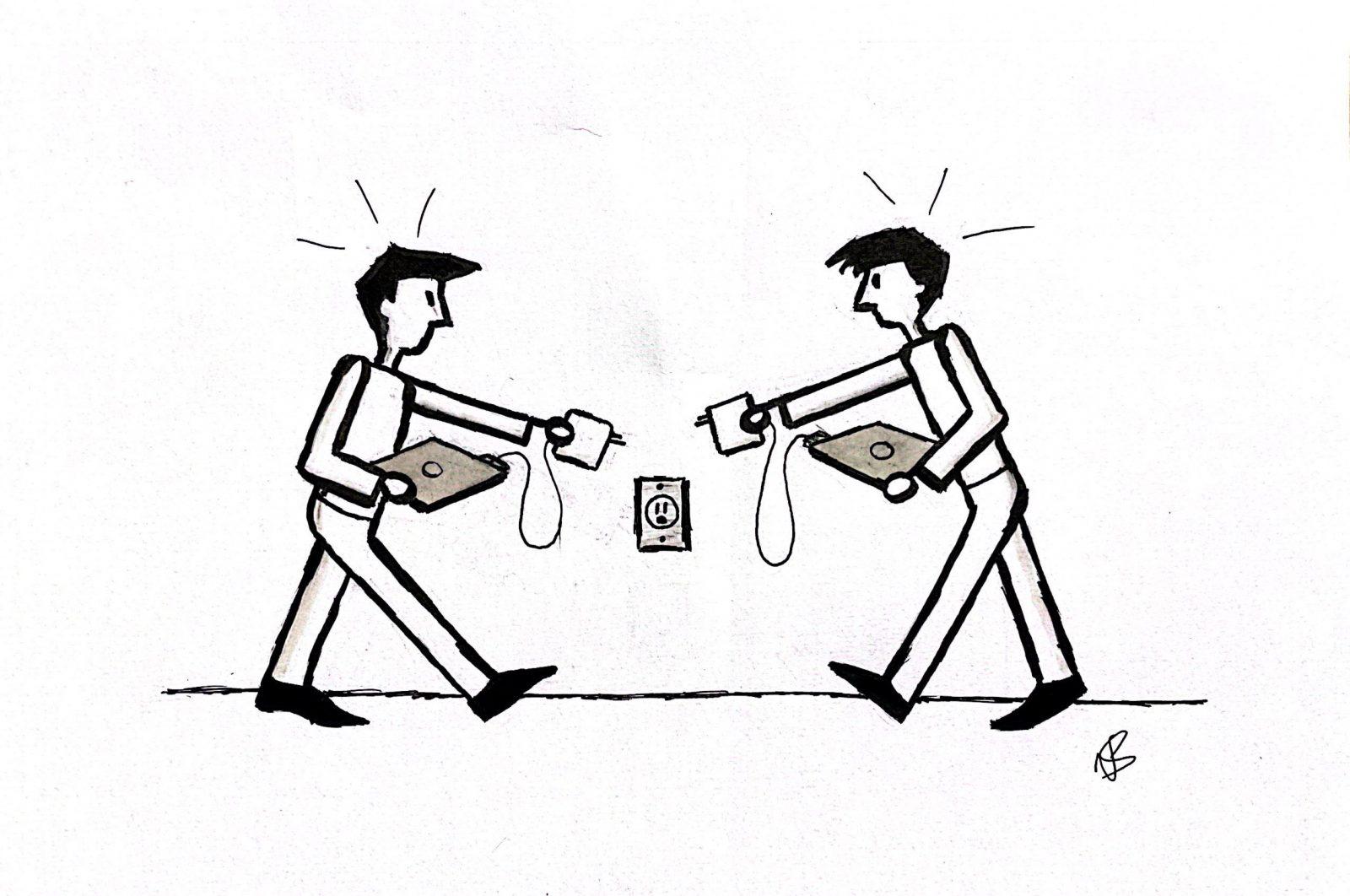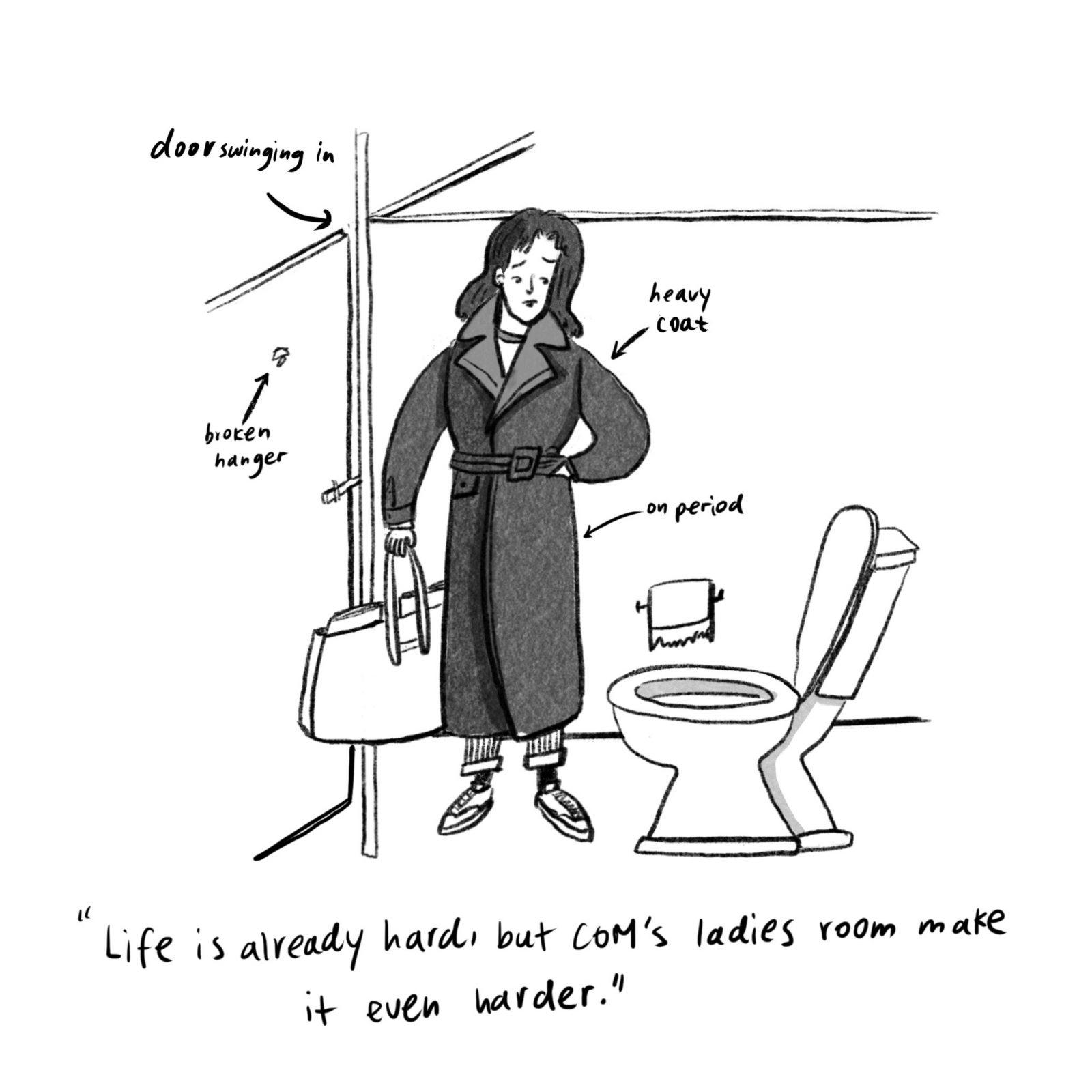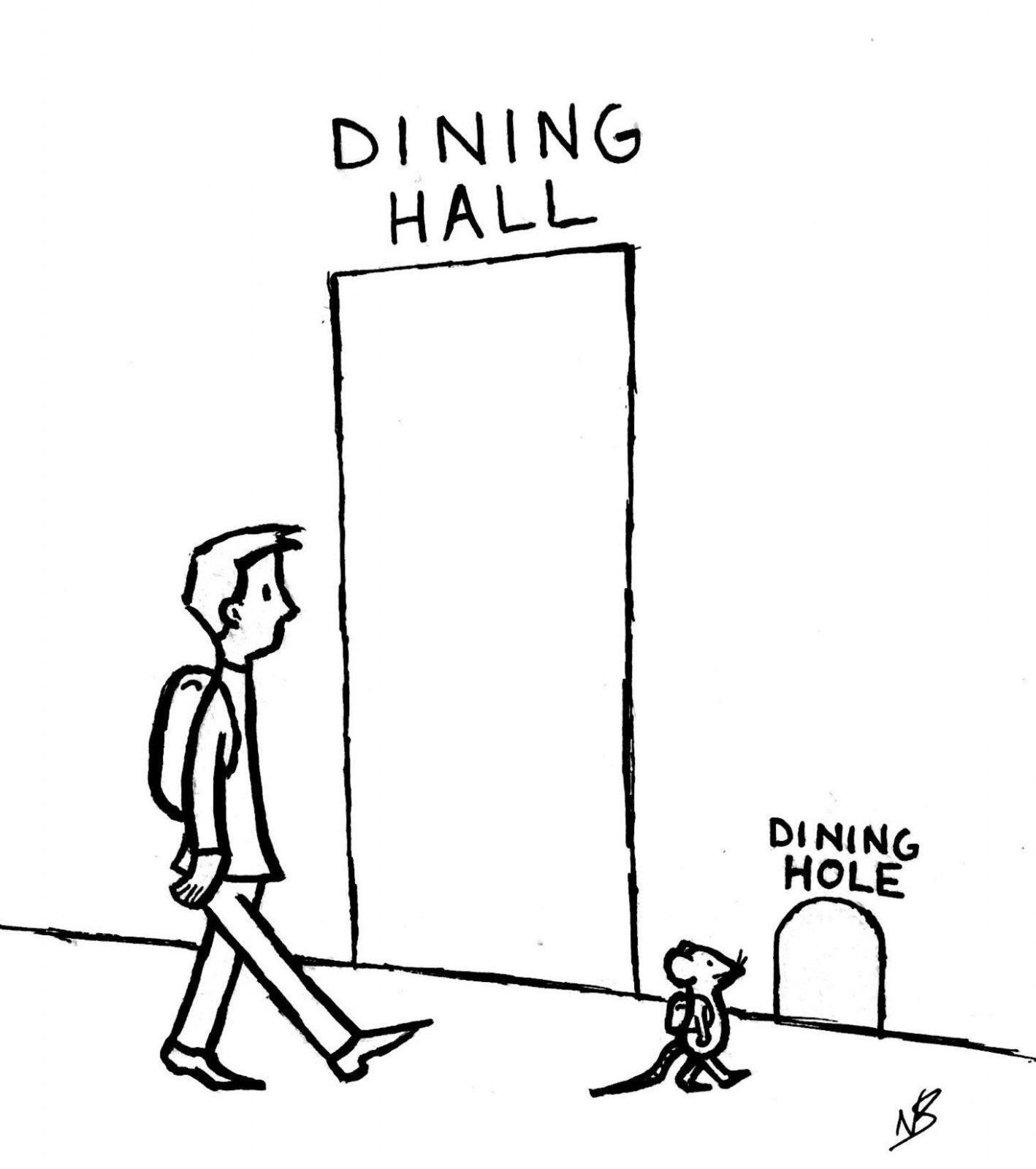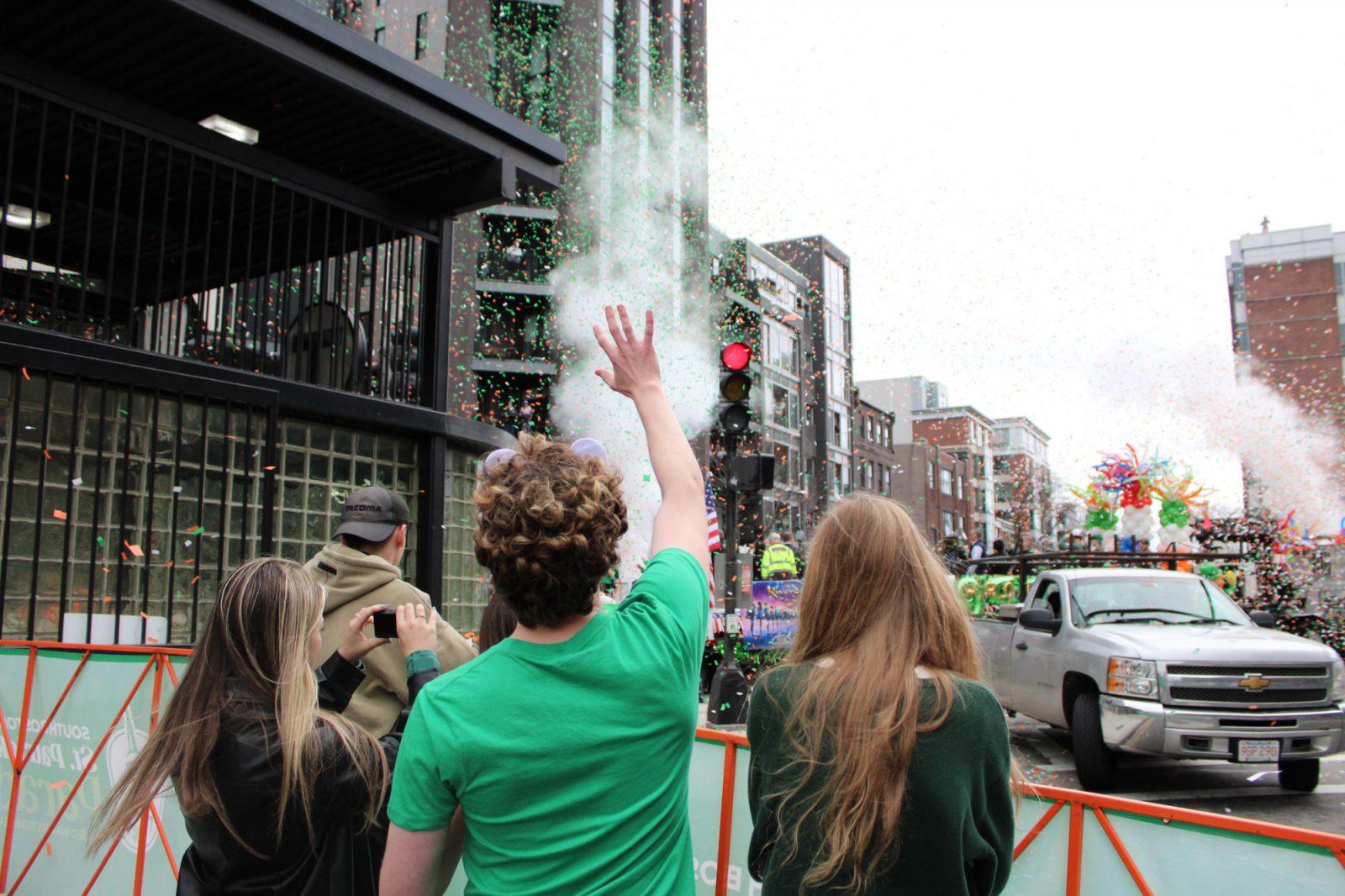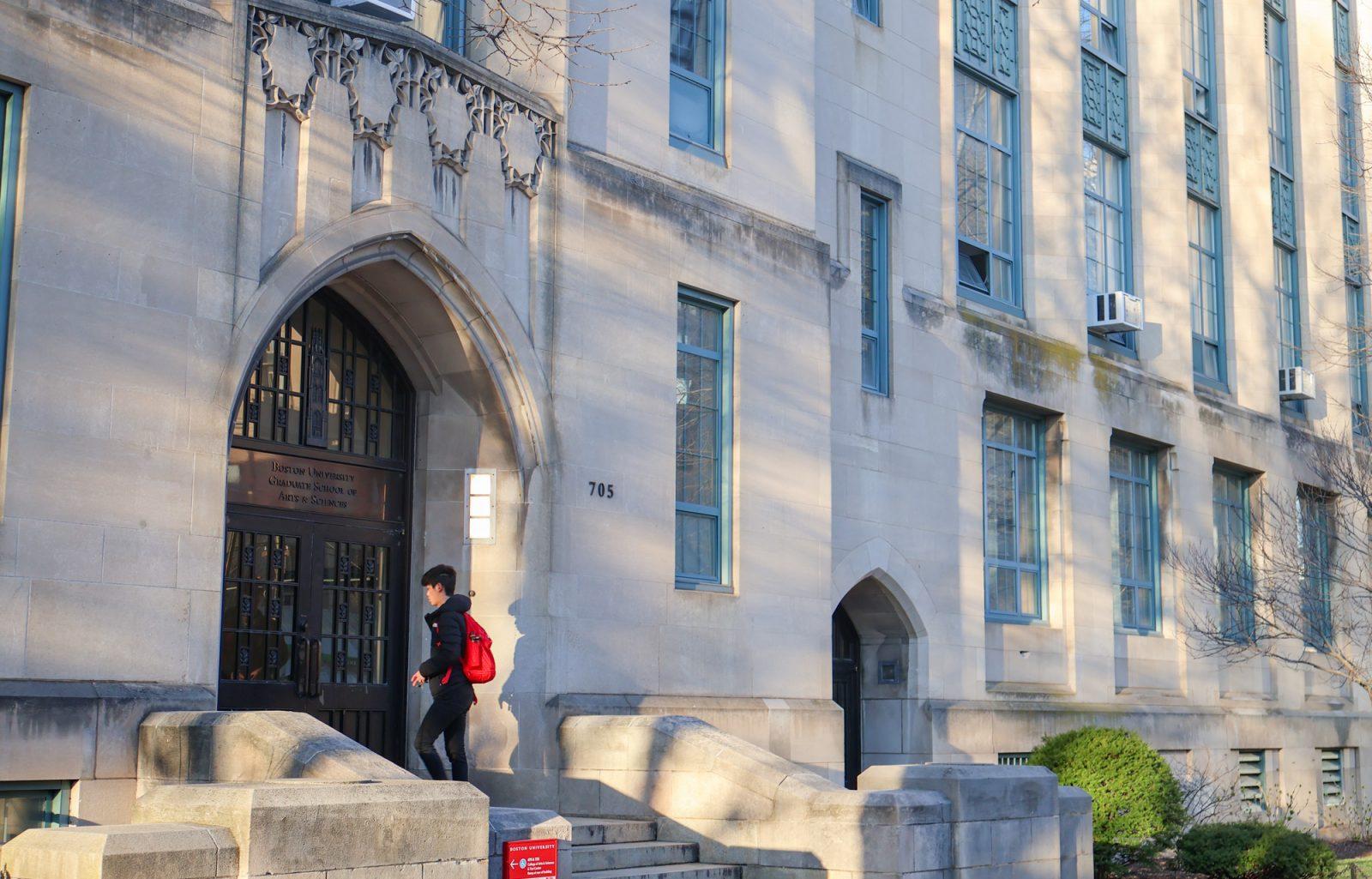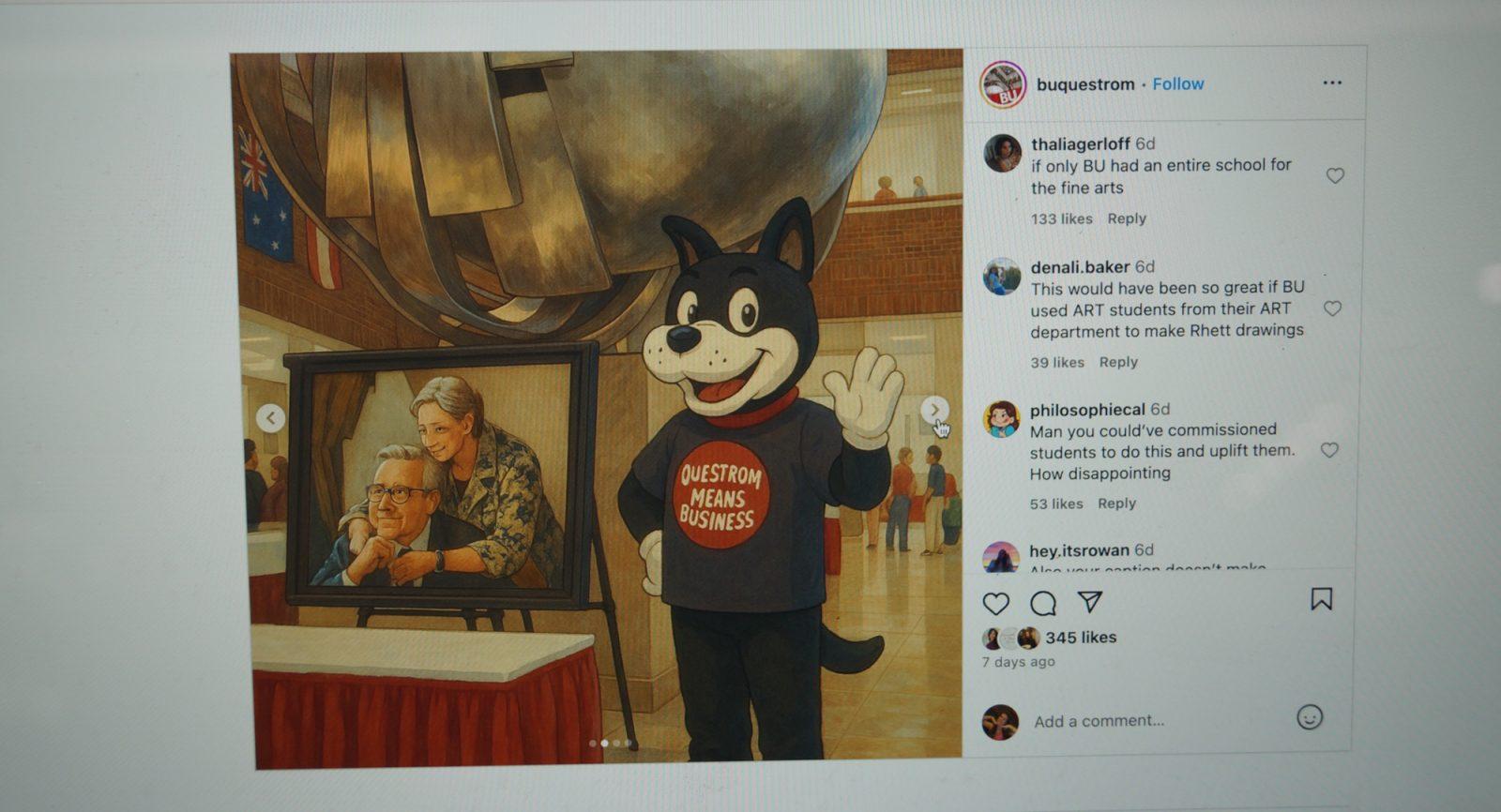After James “Whitey” Bulger decided not to testify, he and his counsel rested their case on Friday after five days of calling witnesses and eight weeks on trial at the U.S. District Court in South Boston.
The announcement came directly from Bulger, 83, who stands charged with more than 30 crimes − including 19 counts of murder − he allegedly committed during the 1970s and 1980s as a leader of the Winter Hill Gang.
“I’m making the choice [not to testify] involuntarily,” Bulger said to the court while the jury was not present. “I feel like I have been choked off from giving an adequate defense … As far as I’m concerned, I did not get a fair trial. This is a sham.”
Patricia Donahue, the widow of murder victim Michael Donahue − who Bulger allegedly shot to death − shouted, “You’re a coward!” after Bulger announced his decision not to testify.
The majority of the past week in the courtroom that led up to Bulger’s choice was spent examining witnesses with regard to the prosecution’s claim that the defendant was an informant for the Federal Bureau of Investigation. Little of the criminal charges was discussed.
“It seems the defense is focusing really on the whole informant status, and that is not a crime,” said David Breen, a law professor at Boston University. “It’s somewhat baffling unless it’s a defense about trying to protect Bulger’s reputation.”
The defense began presenting their case on Monday by calling to the stand Robert Fitzpatrick, a former FBI supervisor who held his position when Bulger ran his operation in South Boston.
Fitzpatrick said he did not deny that Bulger held informant status, but the ex-mobster was so uncooperative that he tried to get Bulger terminated.
“At one point, he [Bulger] even said he wasn’t an informant,” Fitzpatrick said in court on Monday. “He was not giving me any information that I was out there trying to get.”
After Fitzpatrick stepped down, J.W. Carney, Bulger’s attorney, addressed one of Bulger’s criminal charges on Wednesday when he called to the stand James Crawford, another former FBI agent, to discuss the death of Debra Davis.
Davis, at the time of her death, was the girlfriend of Stephen Flemmi, one of Bulger’s closest associates. When Flemmi testified last week, he said Bulger strangled her in 1984 because she could have told others that Flemmi and Bulger were informants.
Crawford said Flemmi could have possibly killed Davis, instead of Bulger.
In the midst of calling witnesses, the defense on Thursday released several photos of Bulger’s past to the public. Many of the pictures included him with pets, his wife and other friends or family members in casual scenarios.
Breen said it was likely an attempt to change how the jury viewed Bulger.
“One of the goals for the defense is always to try to humanize his or her client,” he said. “A jury can take into consideration a reputation, and whether it’s pictures with family or having family witnesses on the stand, it can humanize the defendant and make it harder to convict.”
After they rested their case, Bulger’s lawyers said on Friday that Bulger would forfeit the more than $800,000 that is currently evidence in the case if it would go to families whose civil claims against Bulger were thrown out due to statute of limitations expiration. The prosecution said it would go to the alleged victims’ families, but the defense would have no say in how.
The money was seized when Bulger was caught in Santa Monica, Calif. in 2011 after 16 years on the run from the FBI, a chase that began in 1994 when Bulger was tipped off by former FBI agent John Connolly.
Closing arguments will begin when court resumes on Monday and jury deliberations could begin on Tuesday, but Breen said the jury might not need to see or hear anything else to reach verdicts.
“You never know what’s going to have an impact on a jury, but they can’t convict on a reputation or impressions,” he said. “Almost always juries take a good hard look at evidence. Reputations and arguments can help, but really it always comes down to the evidence.”

